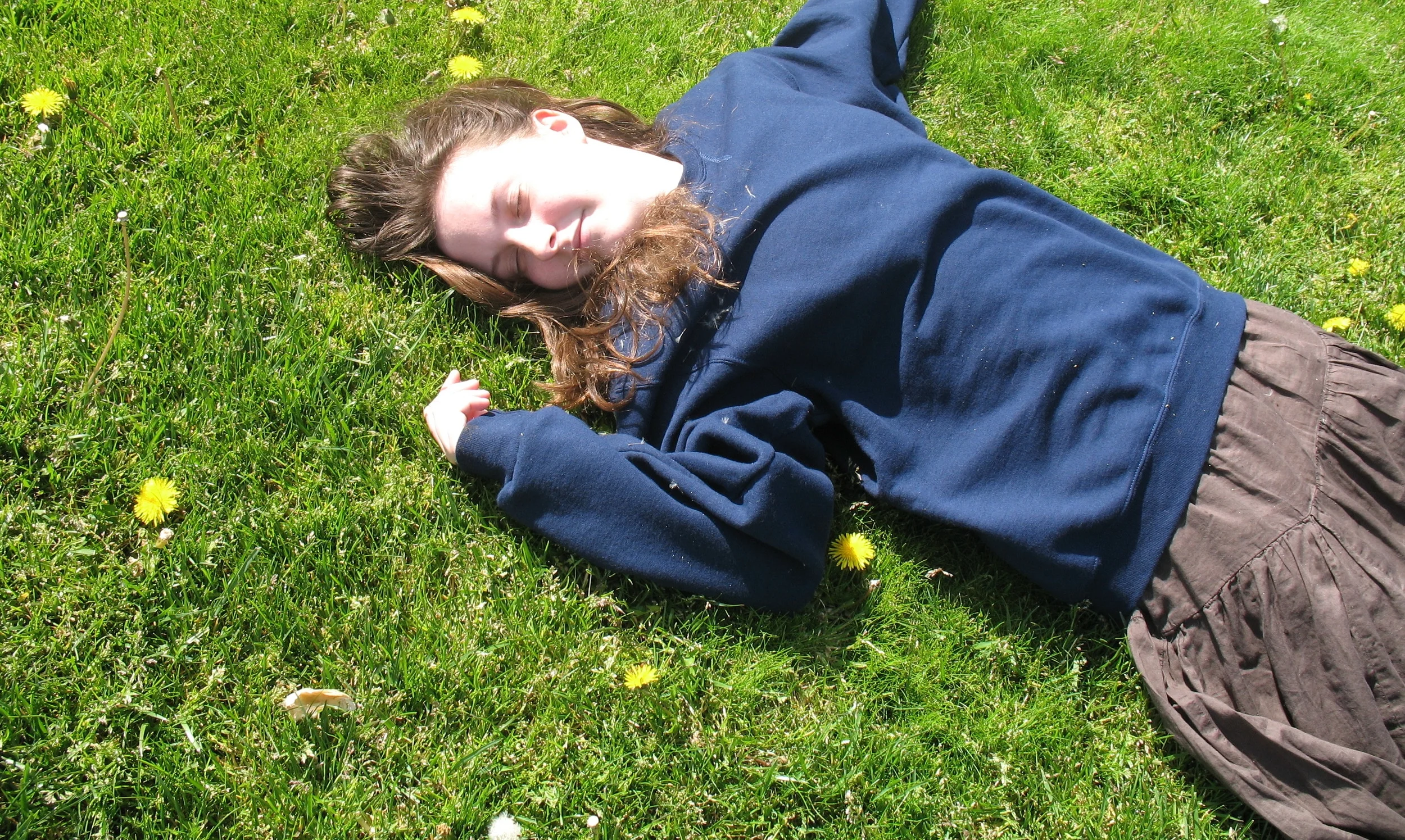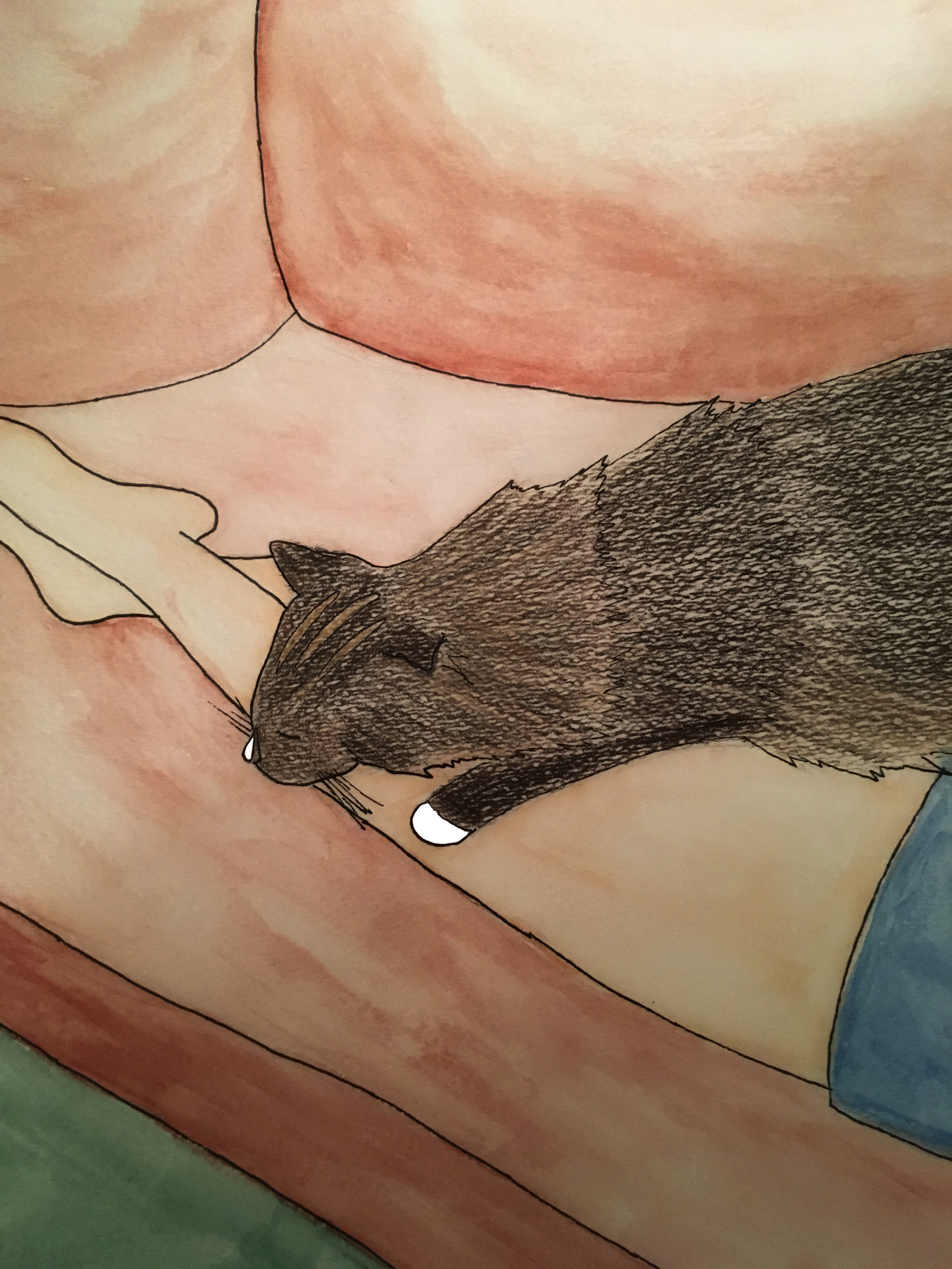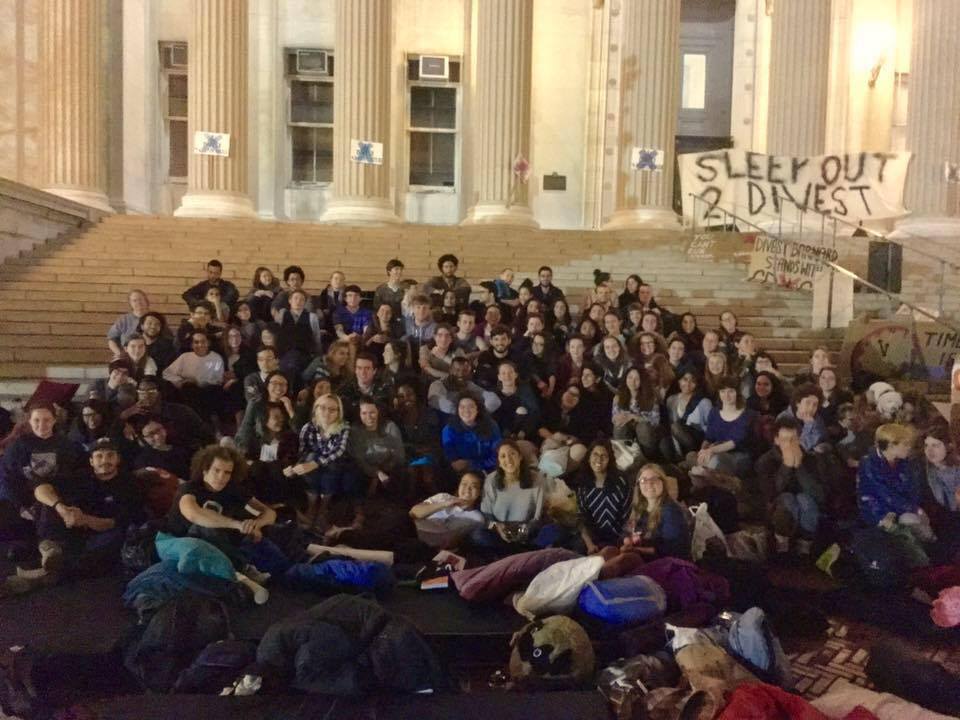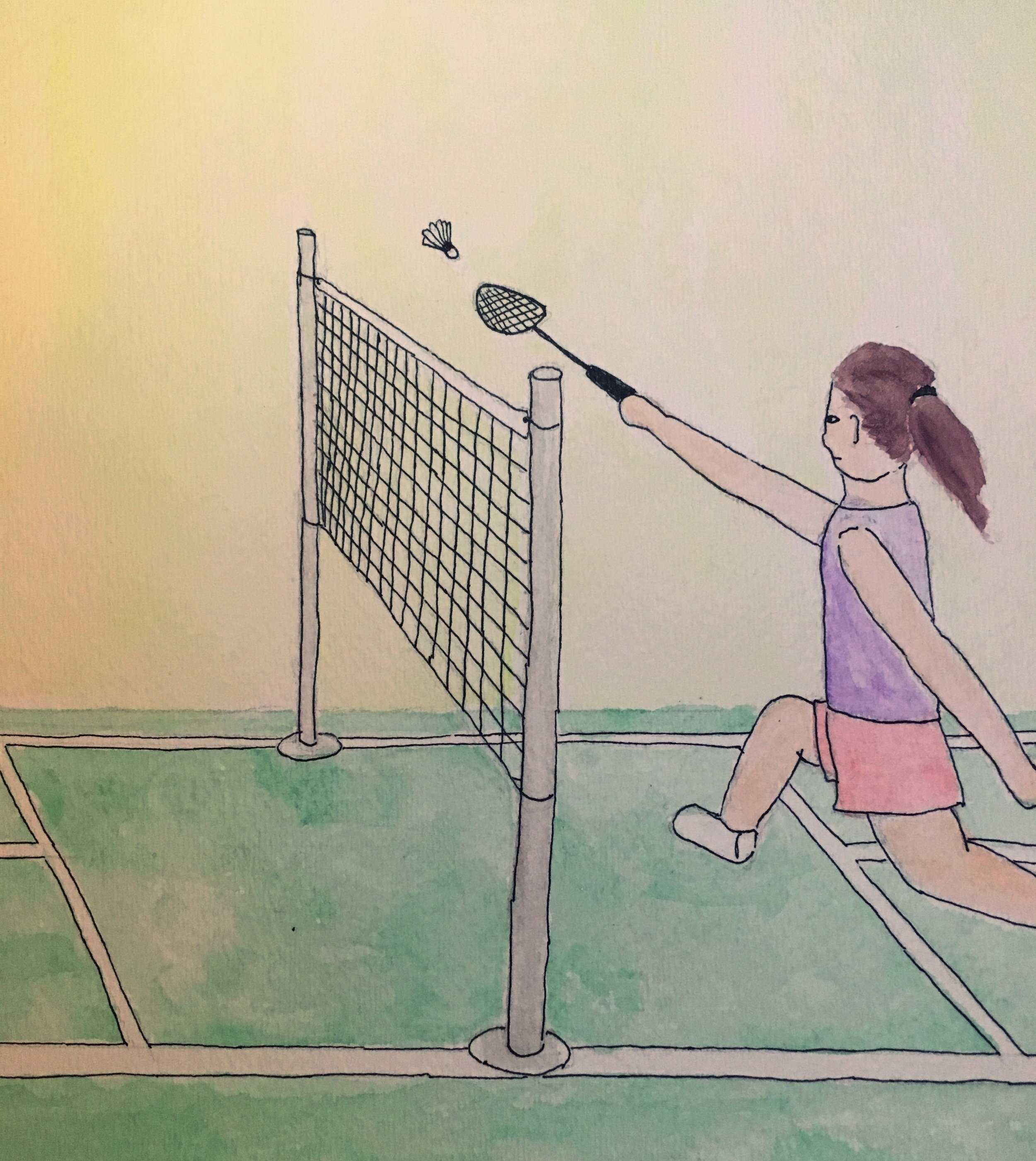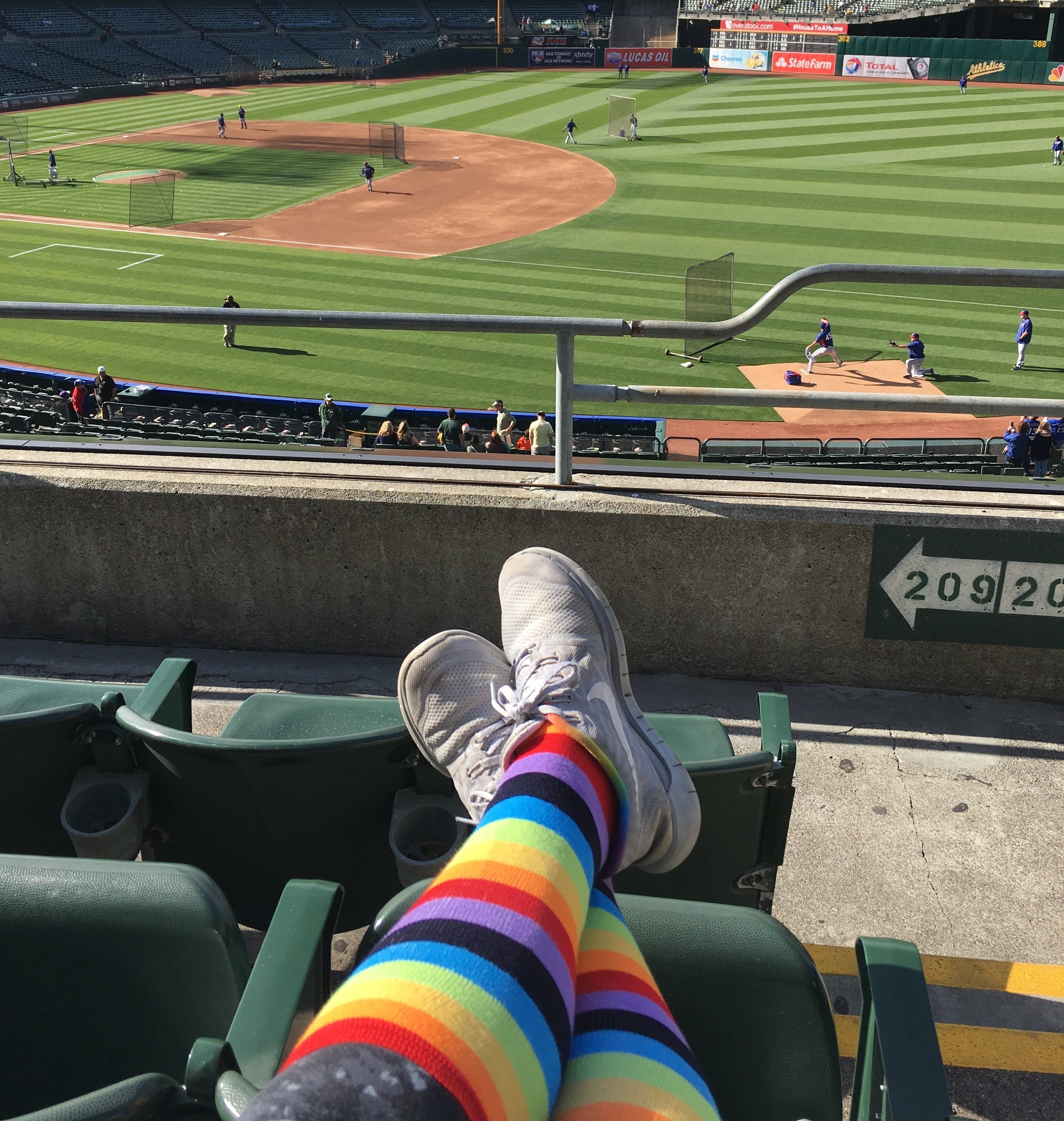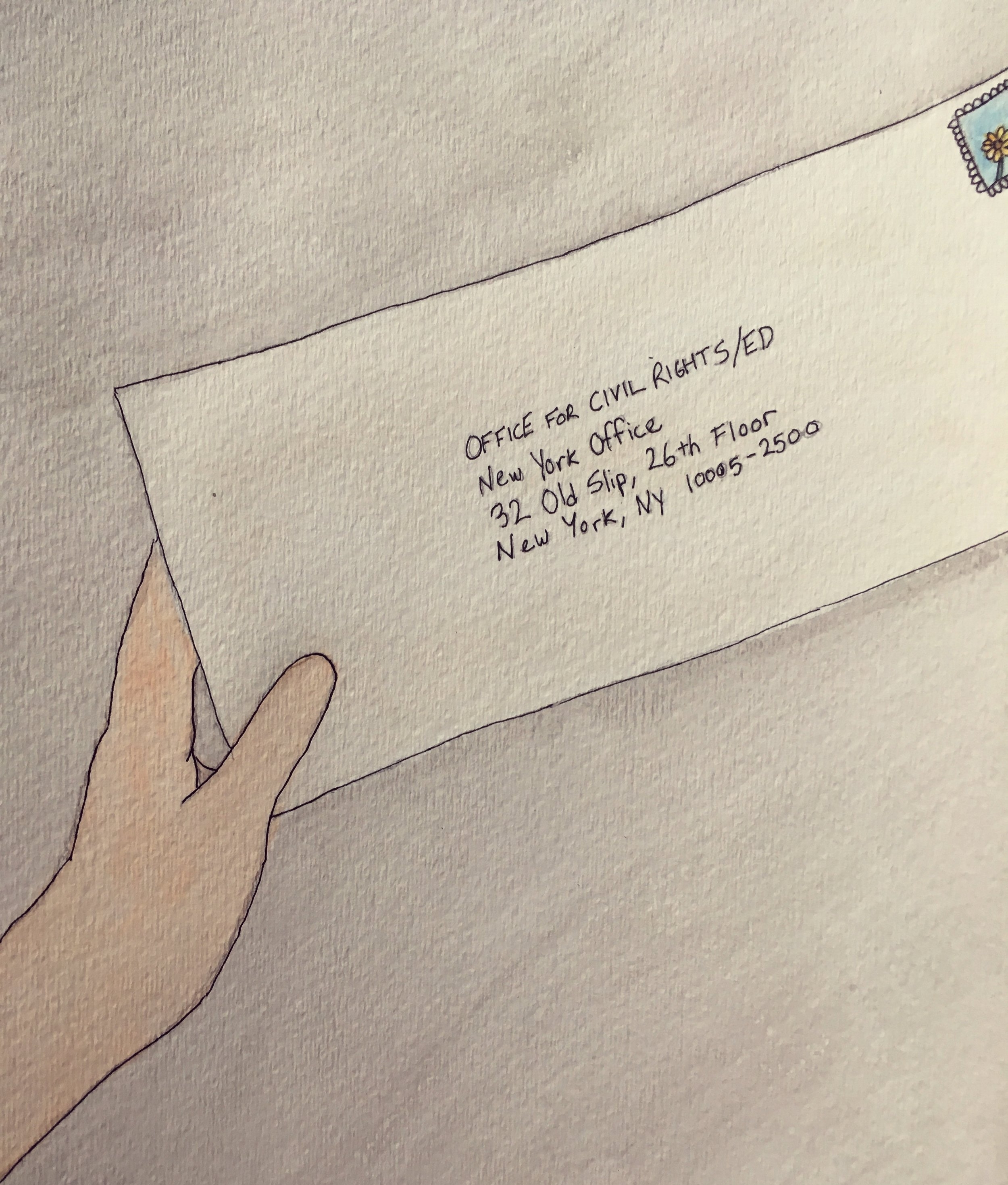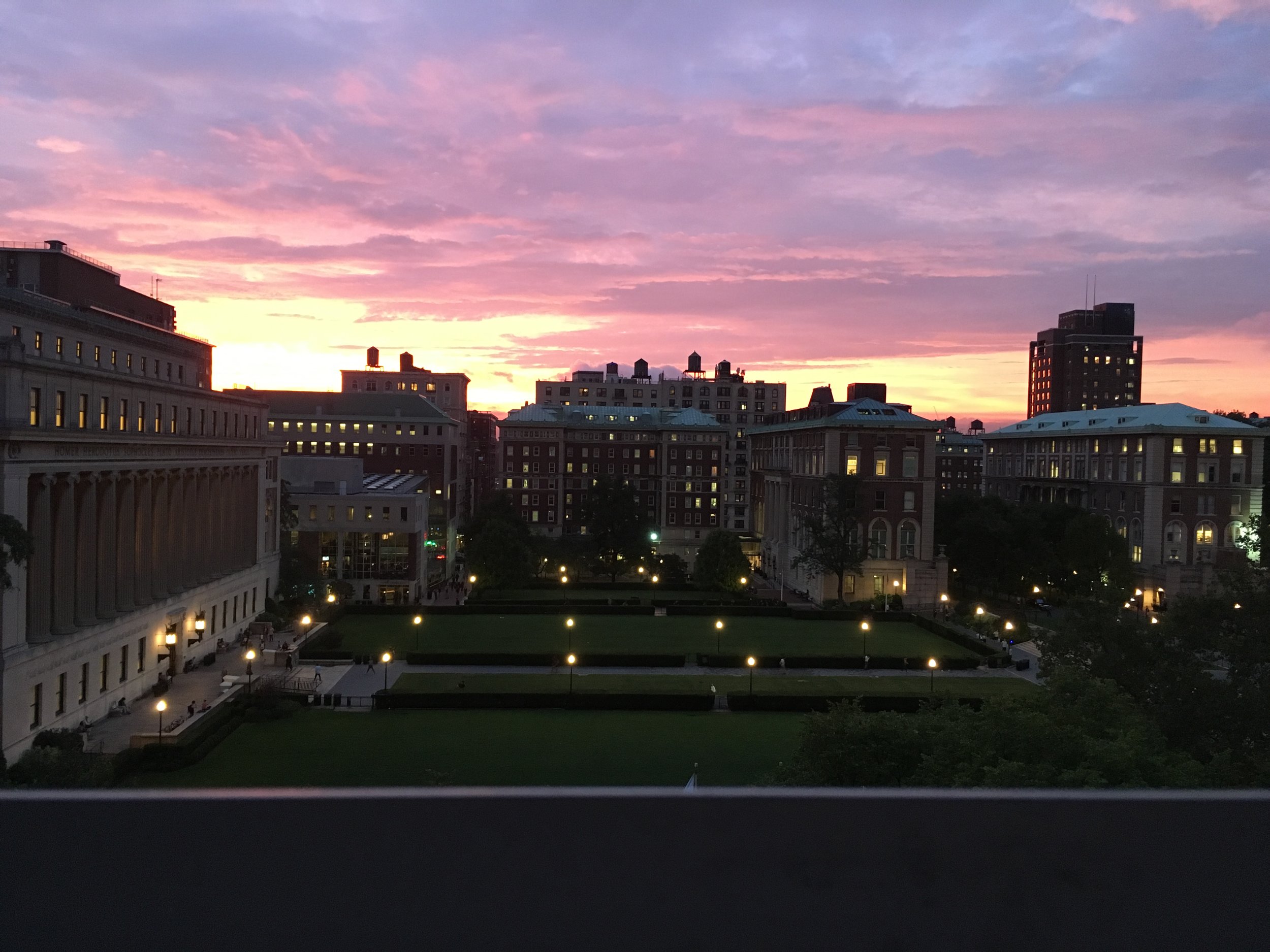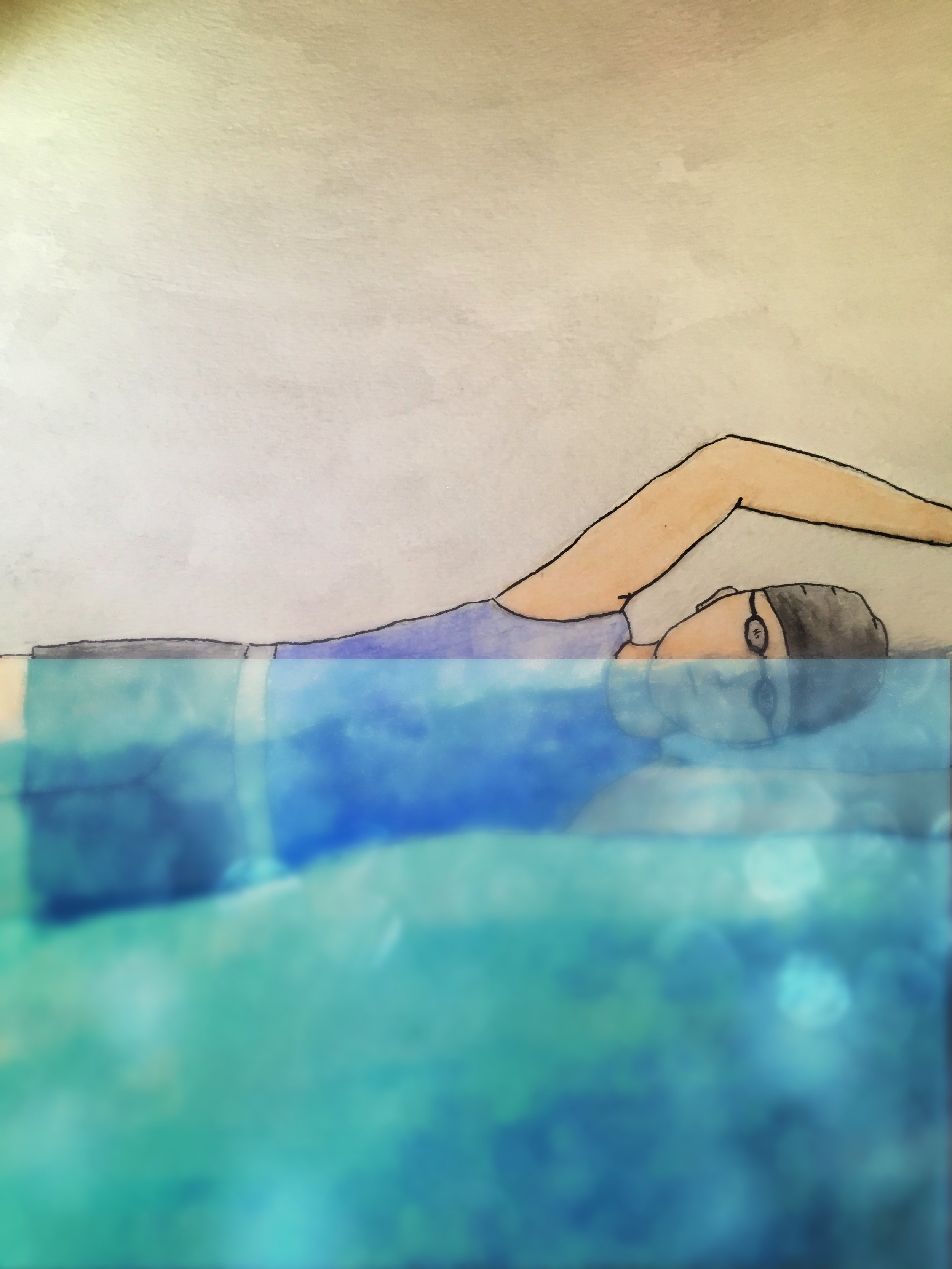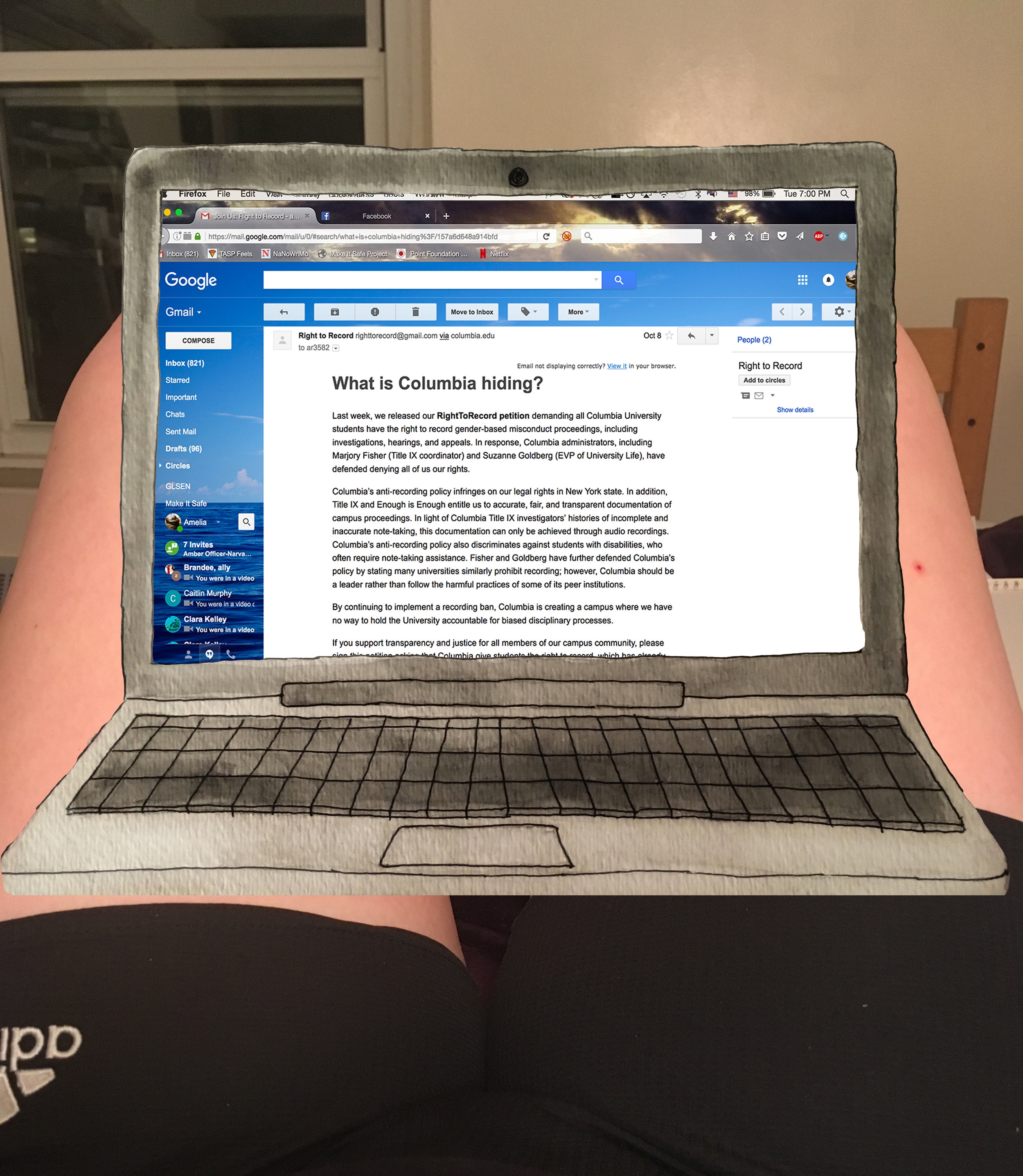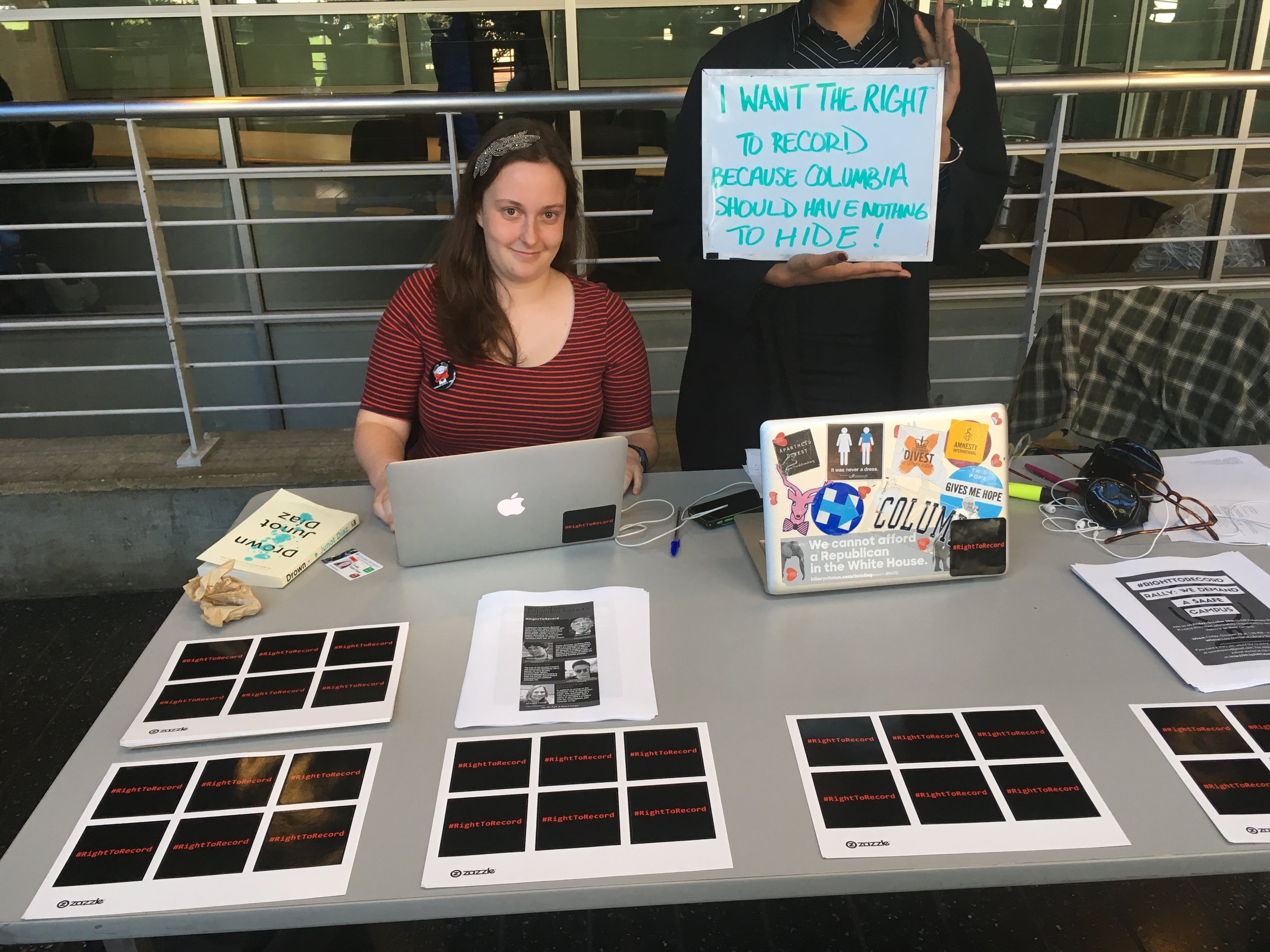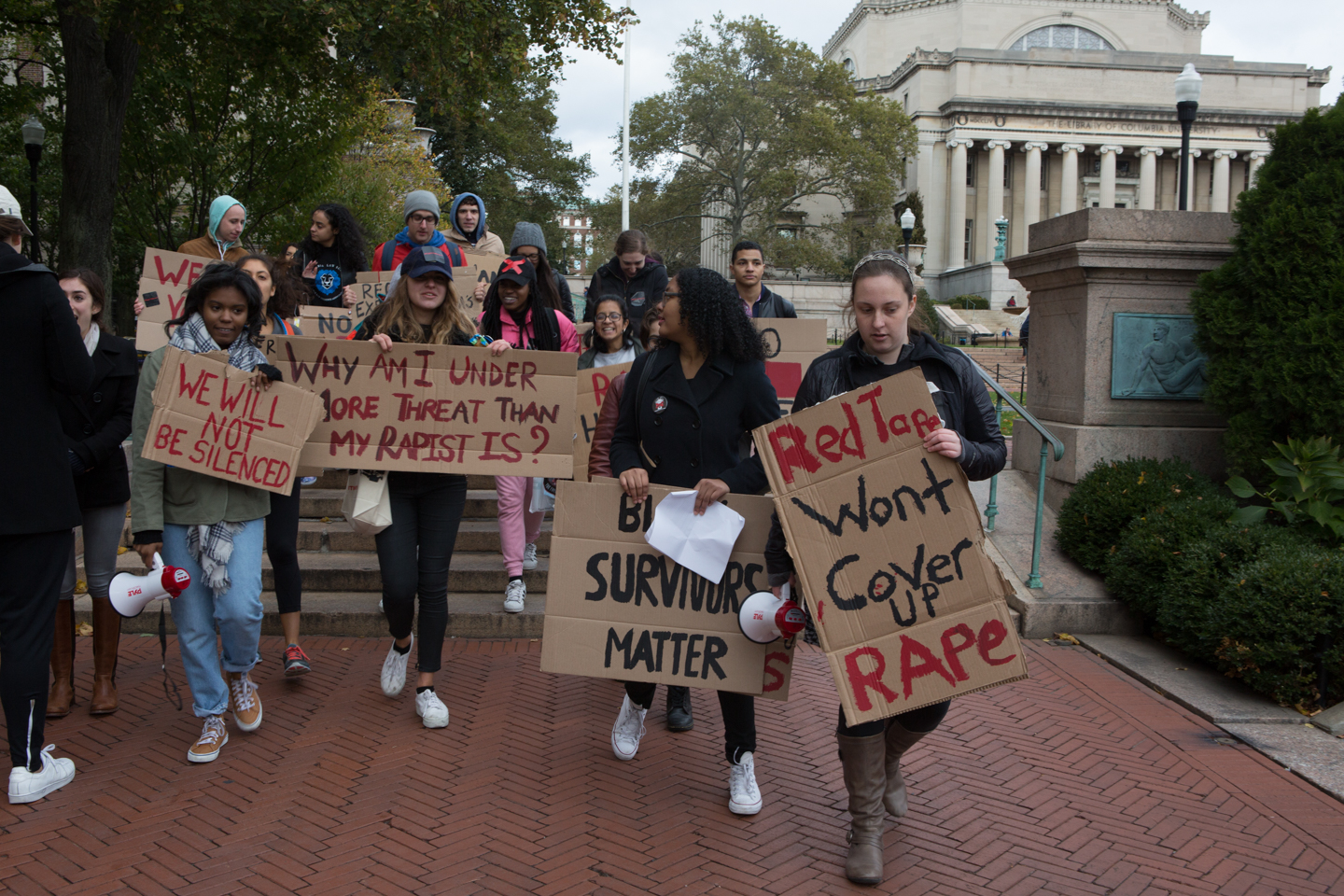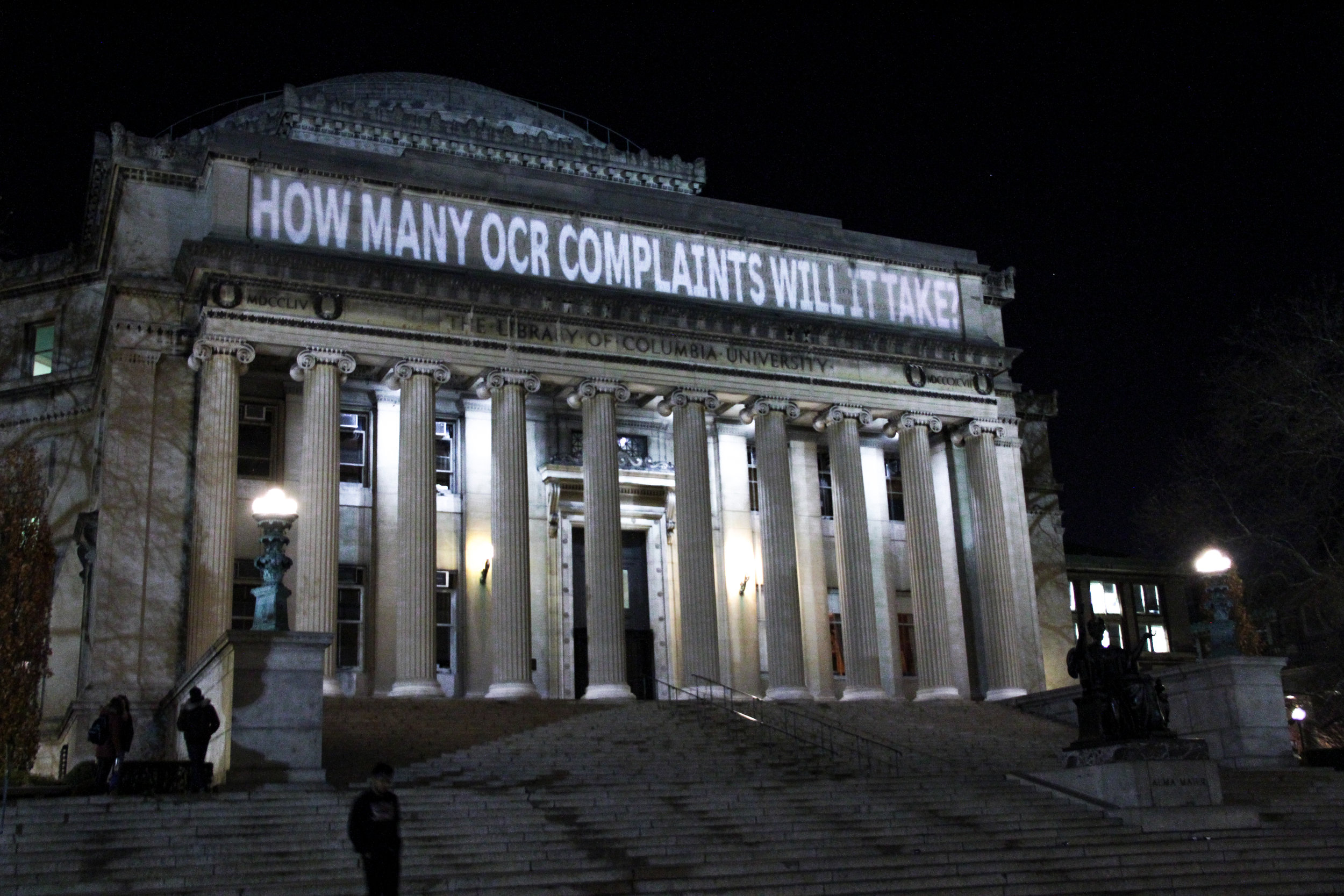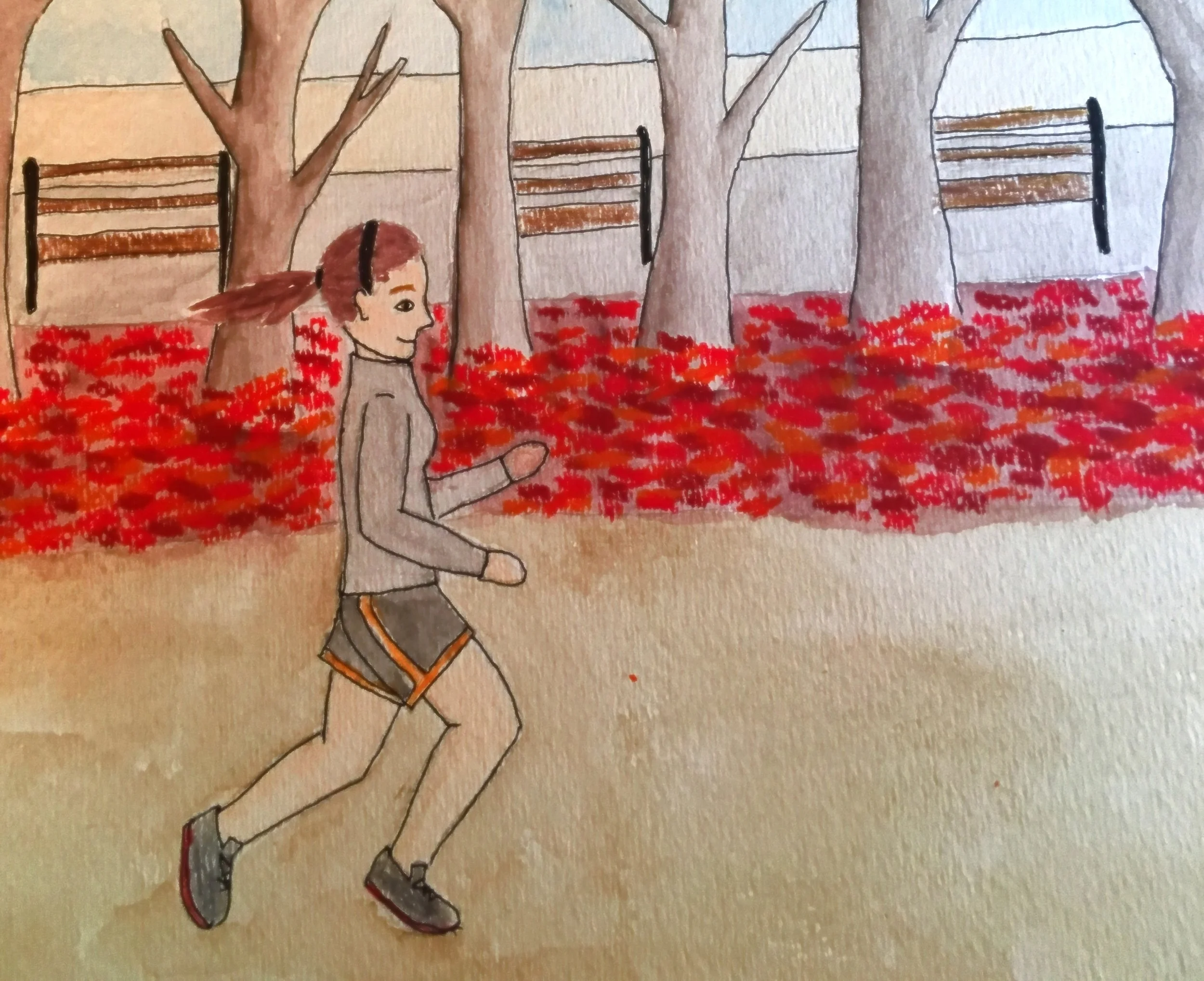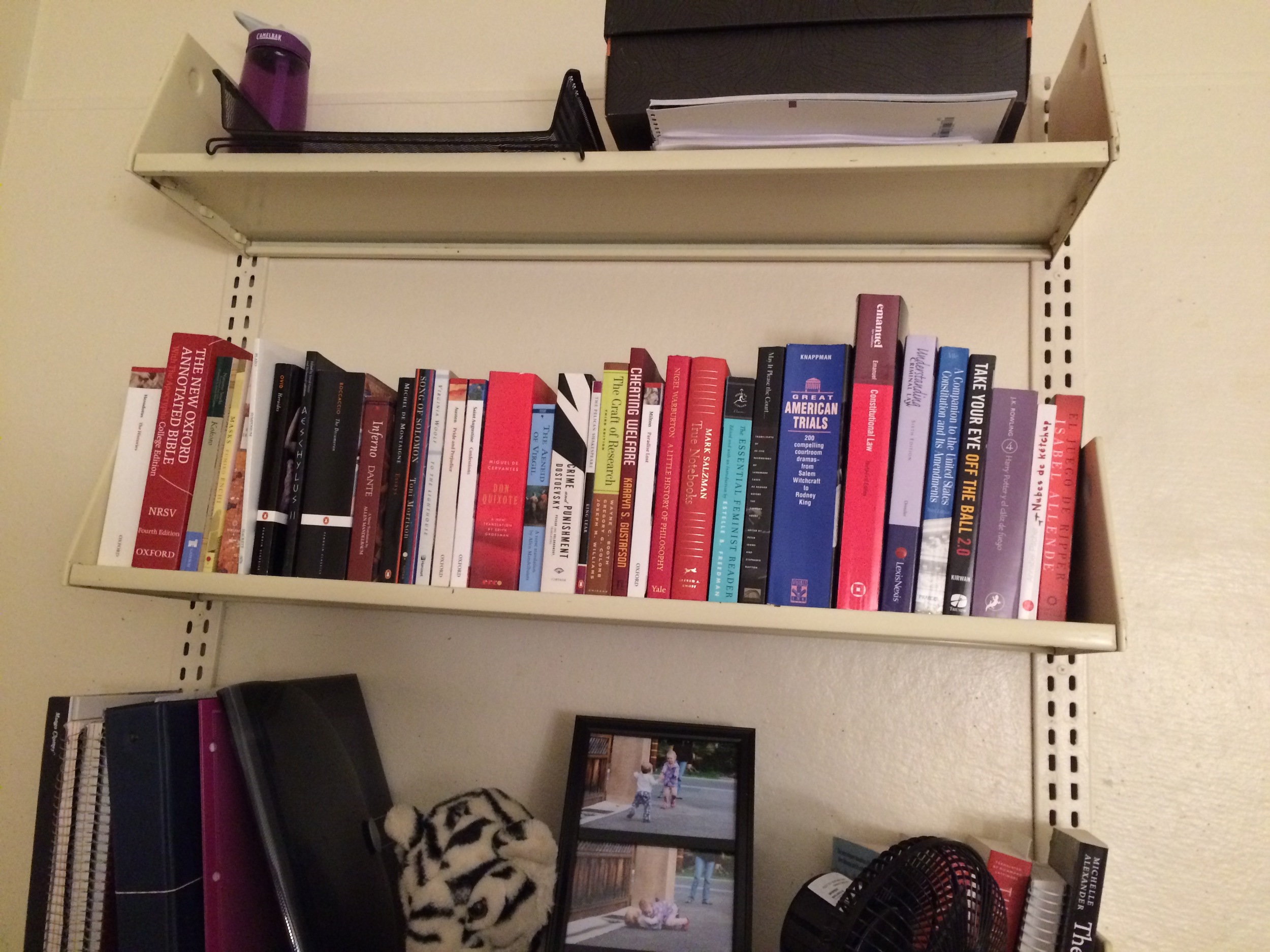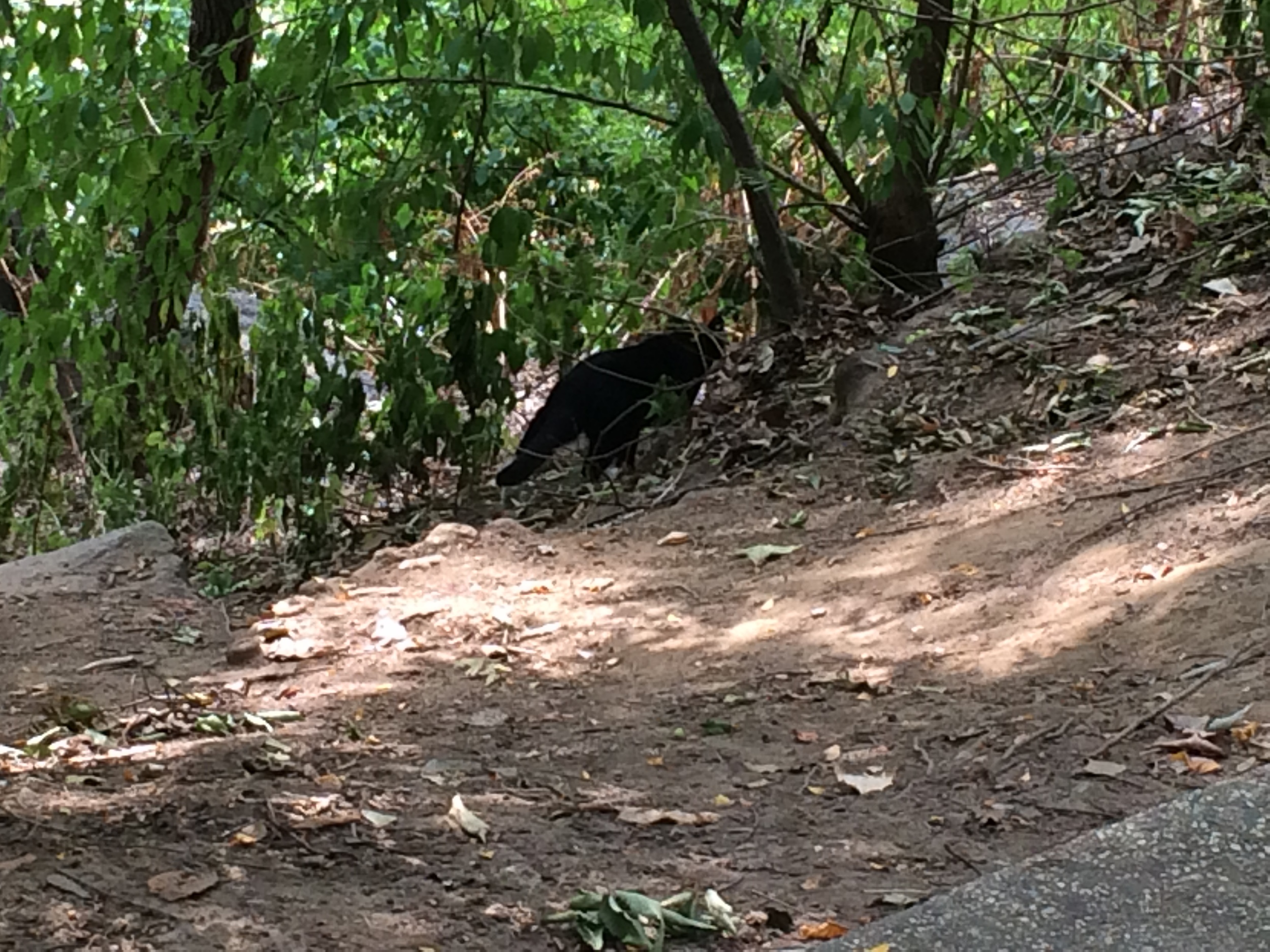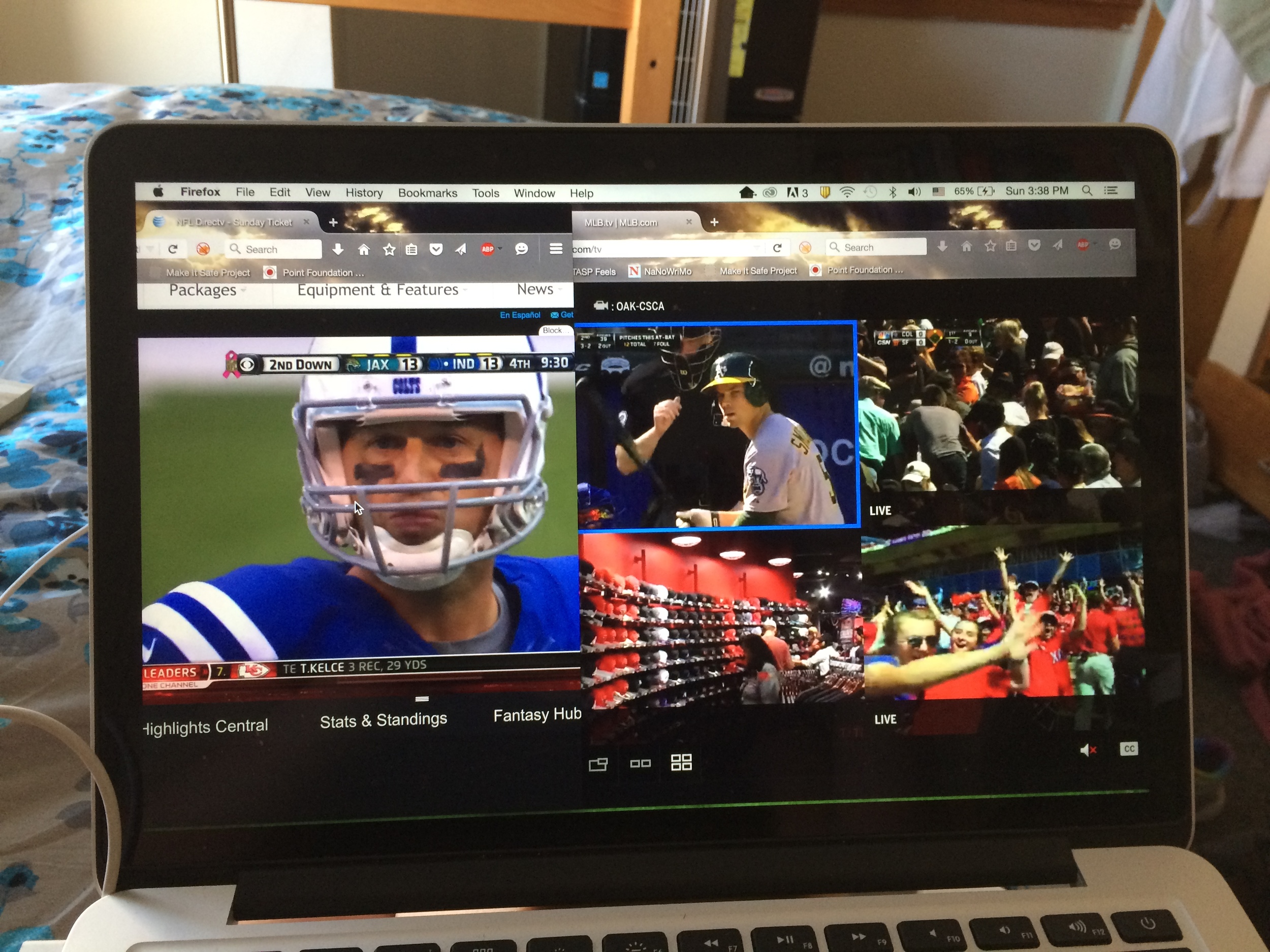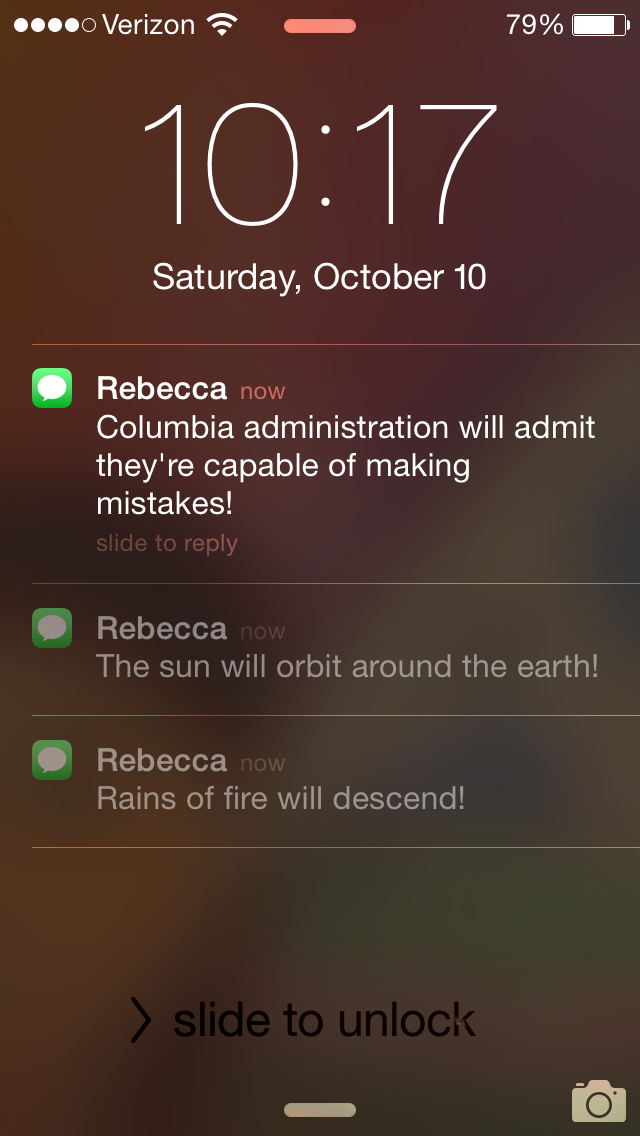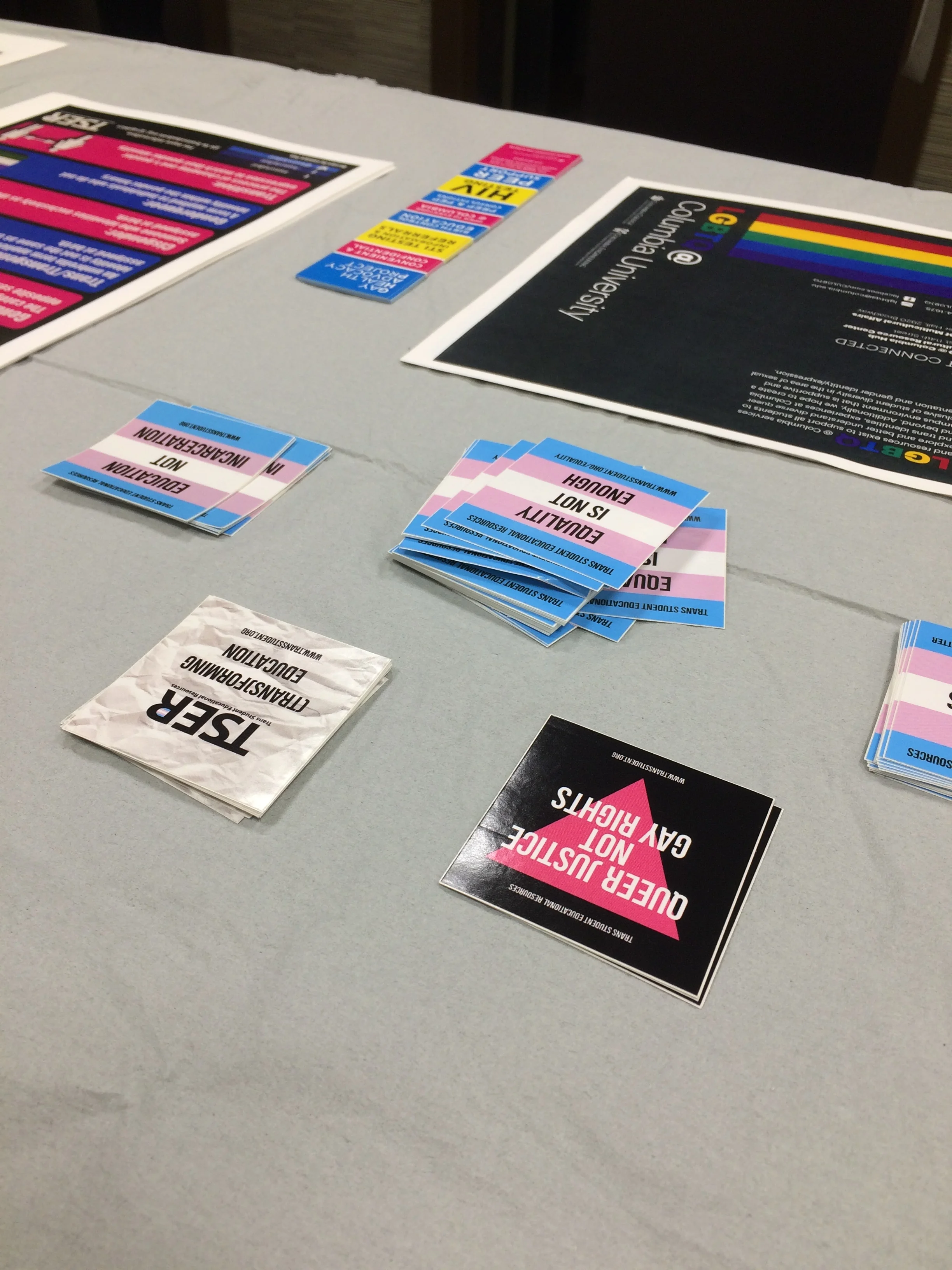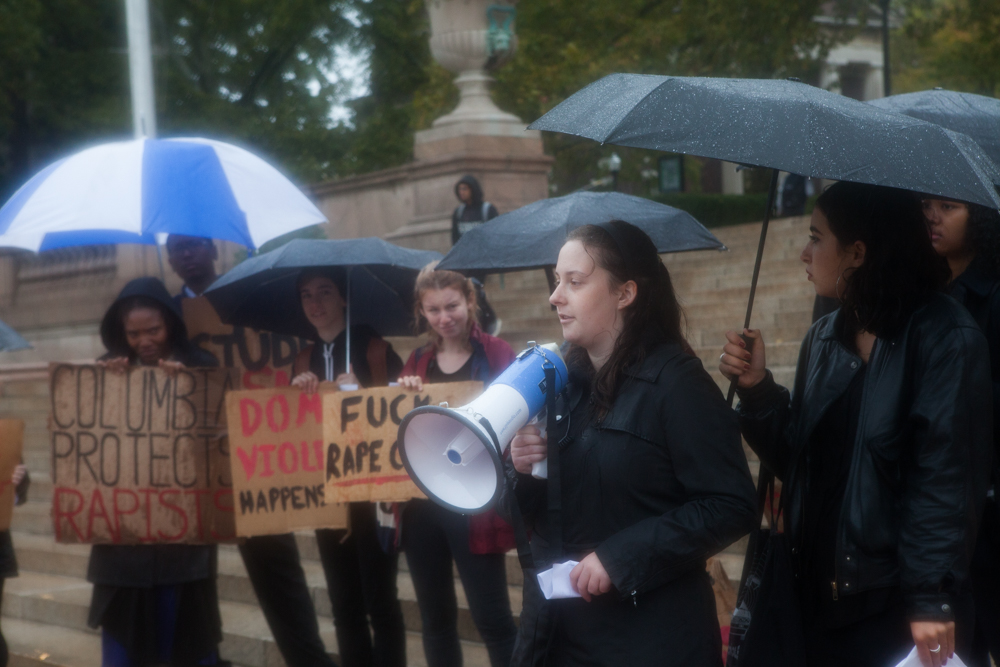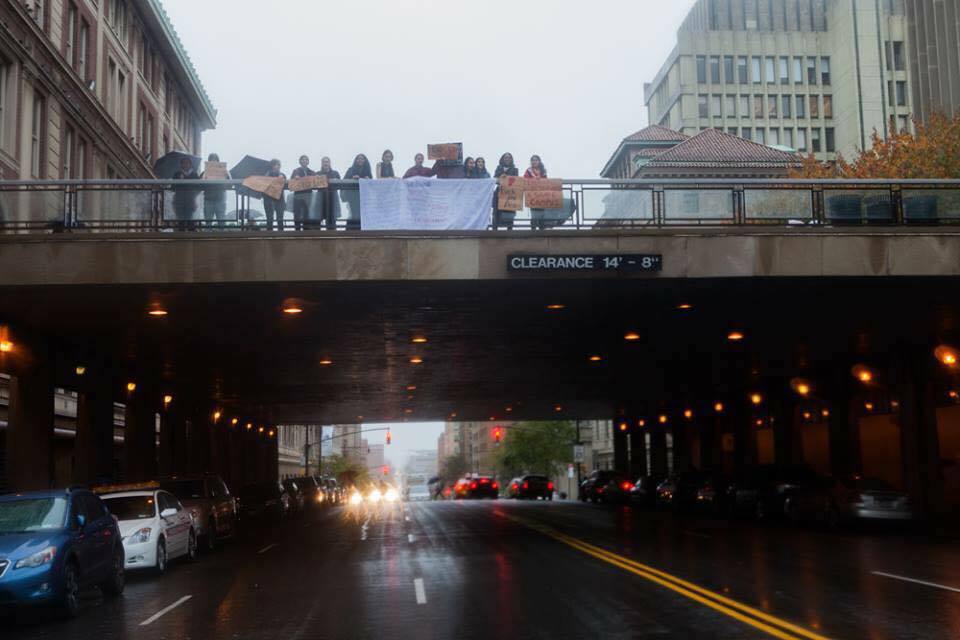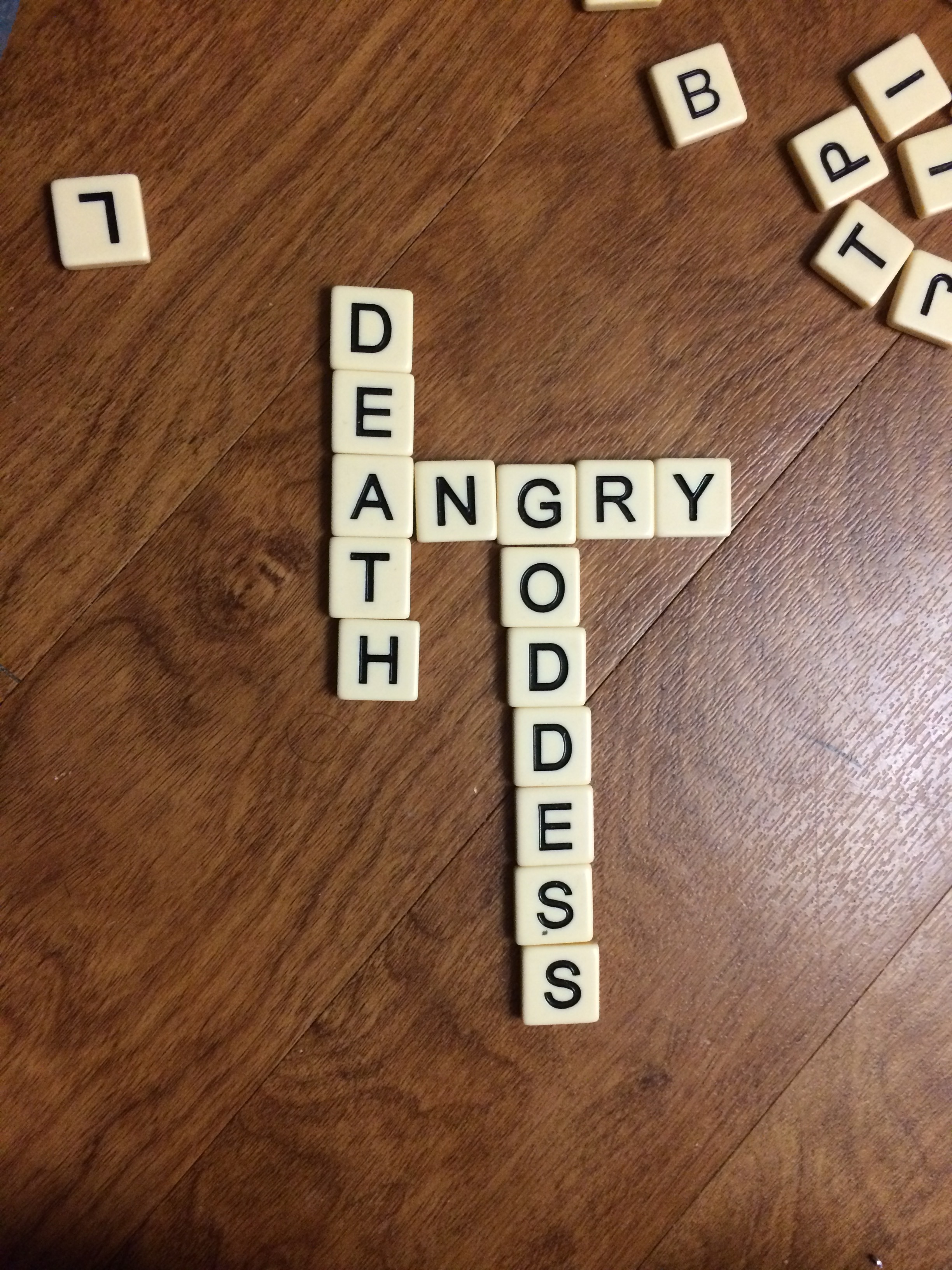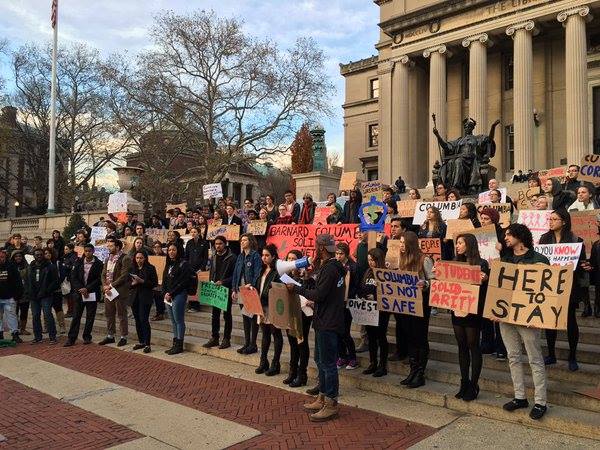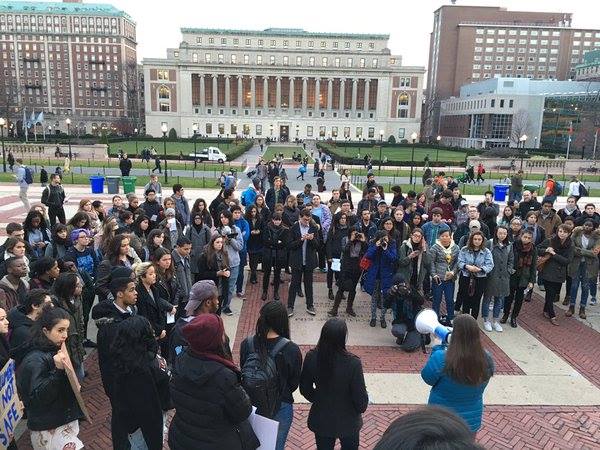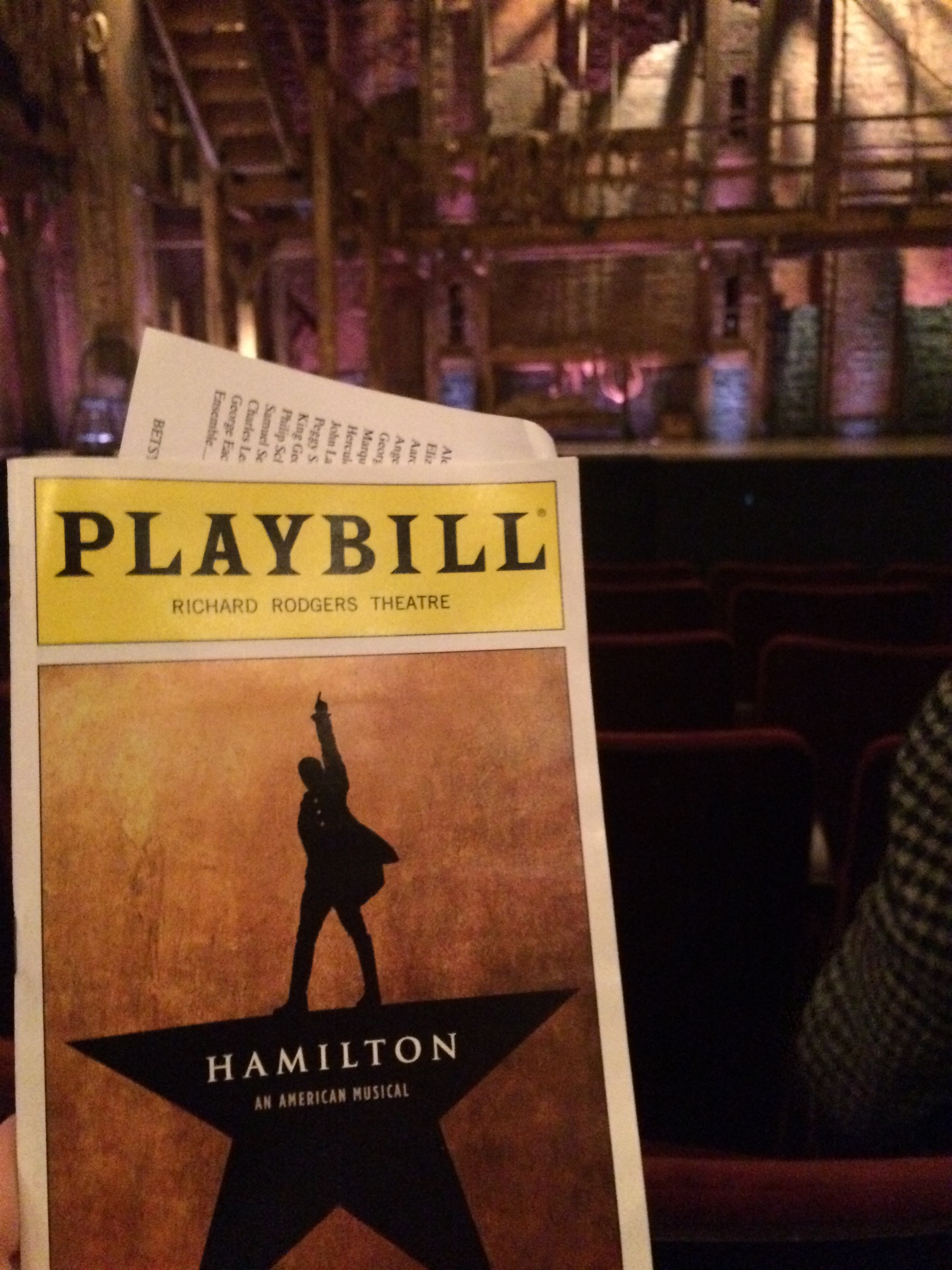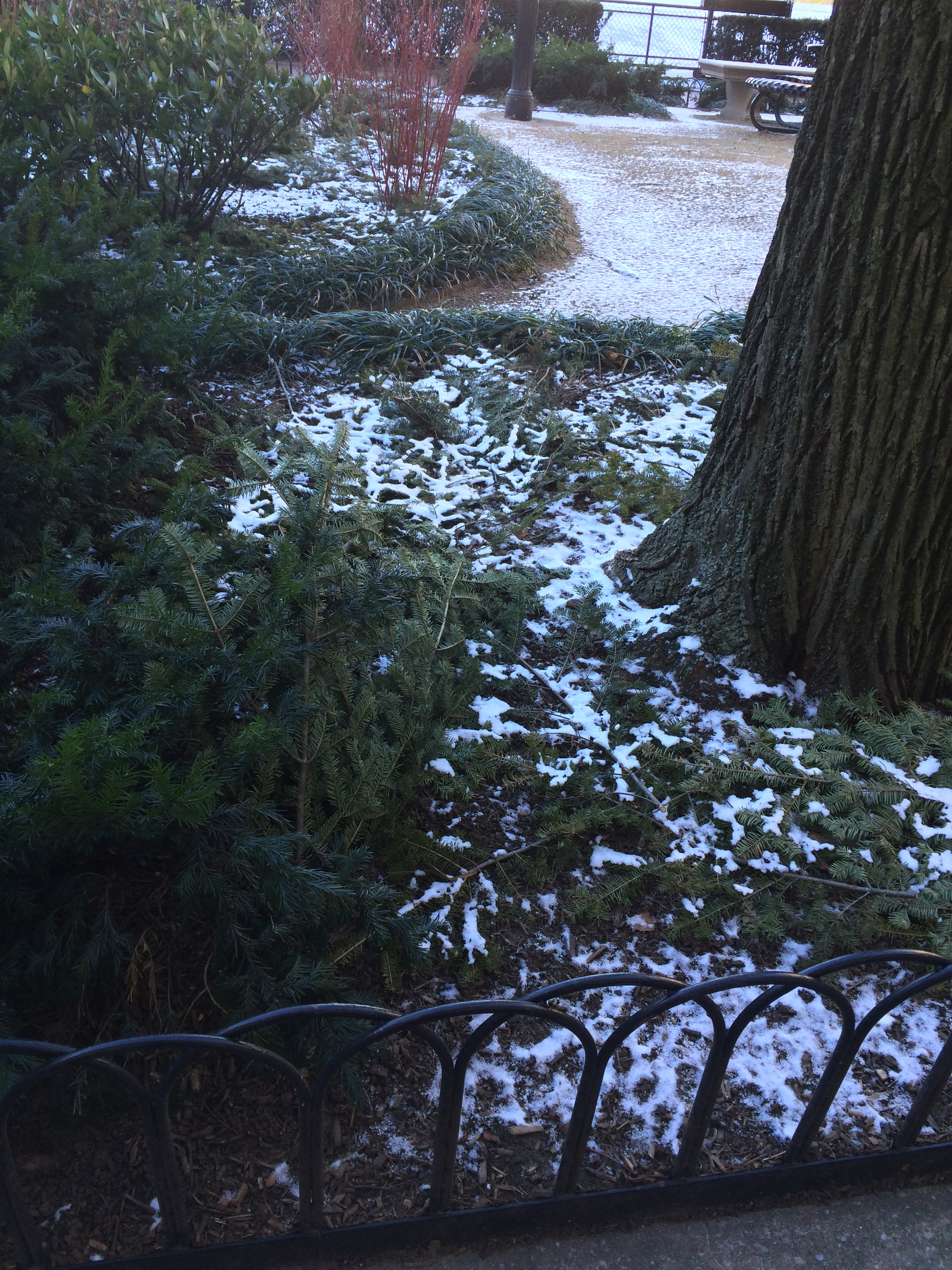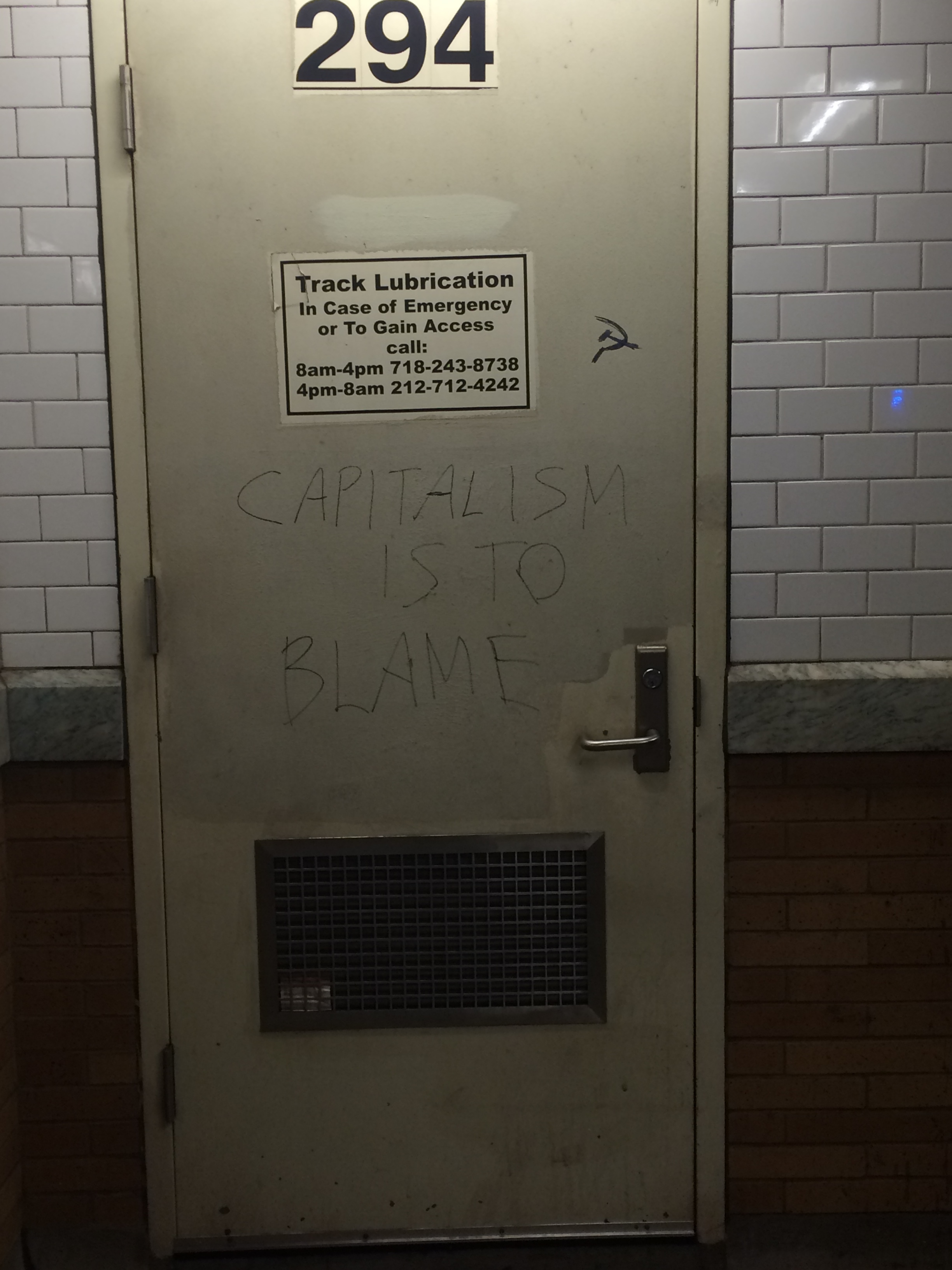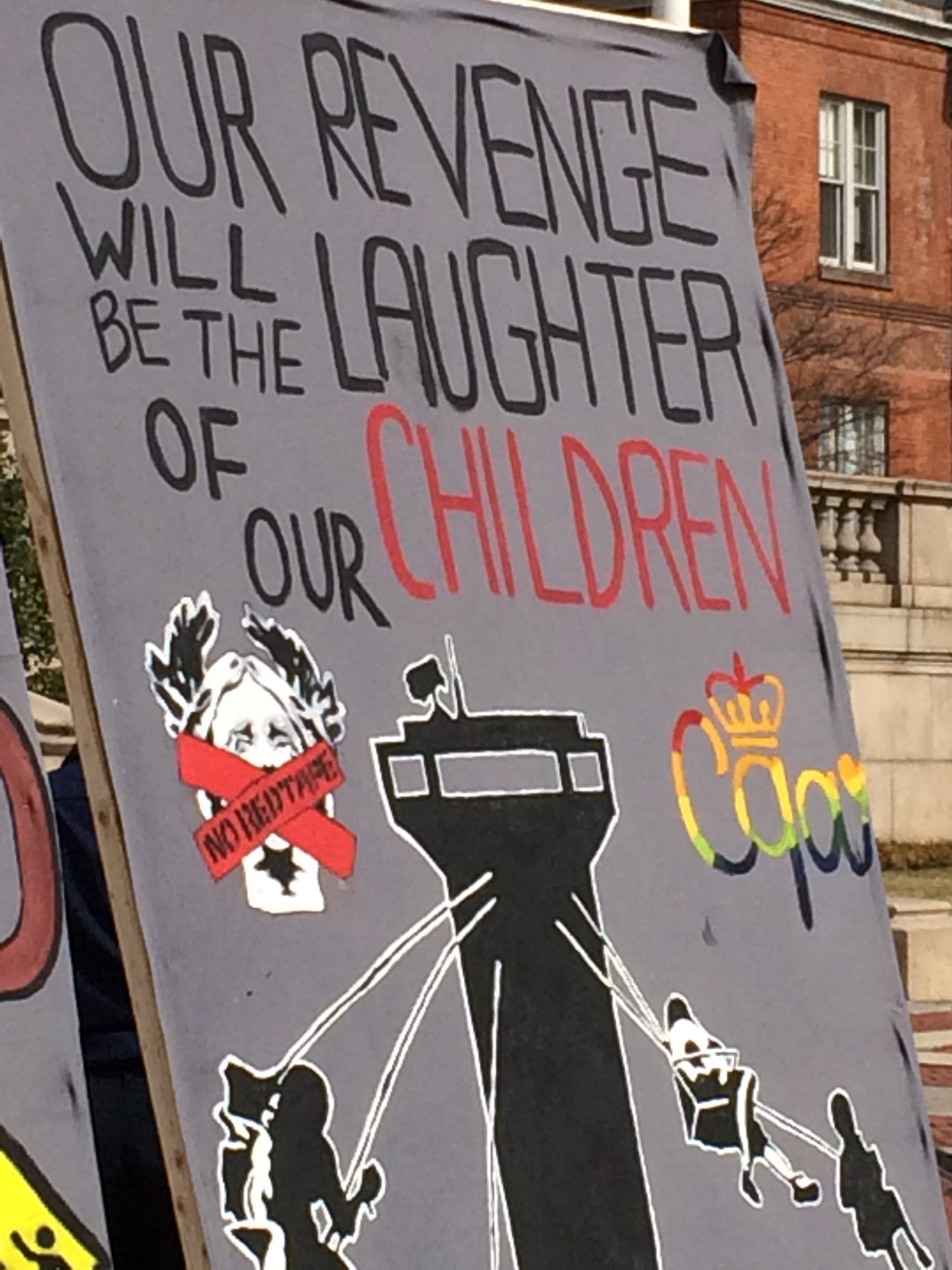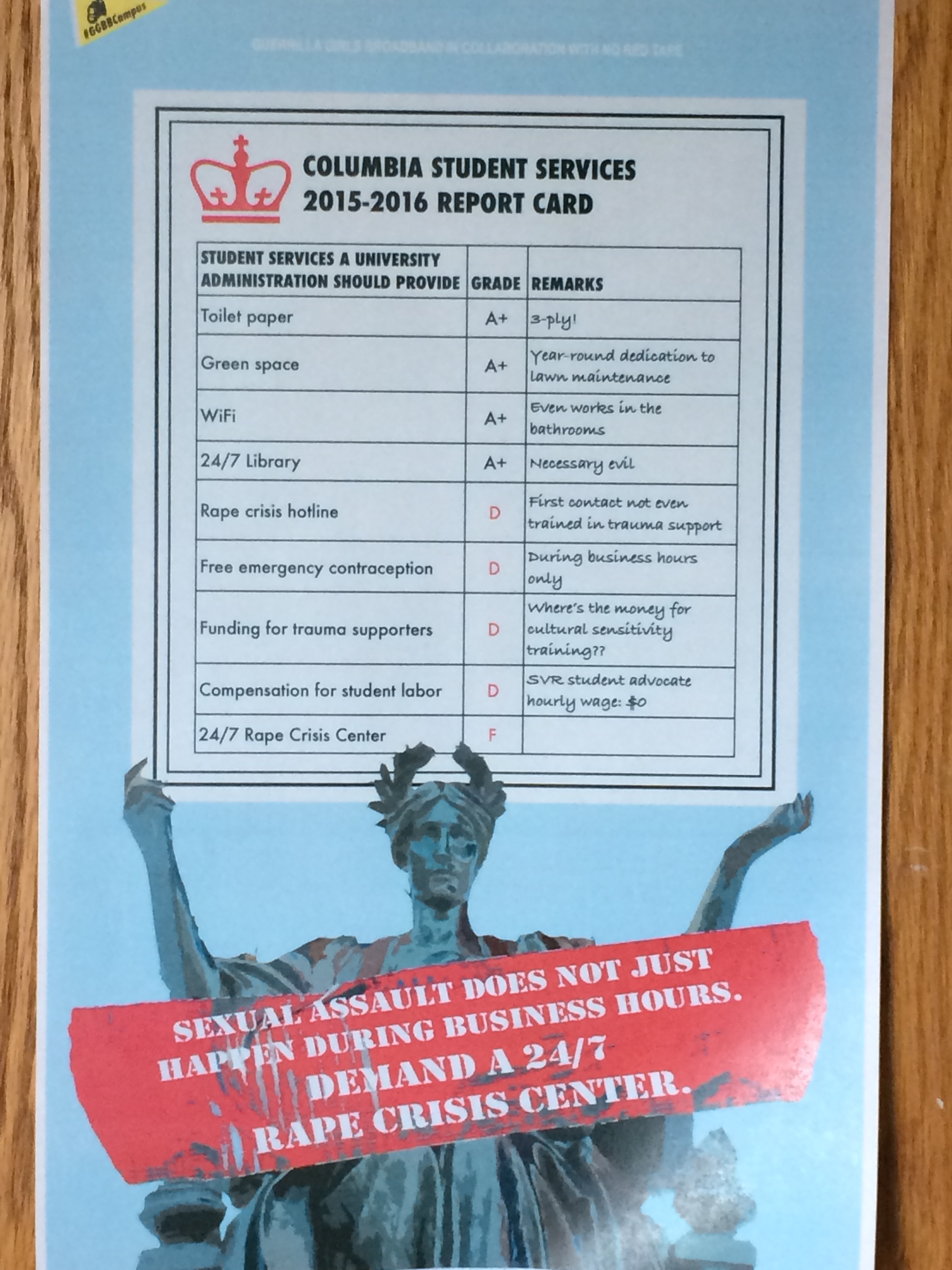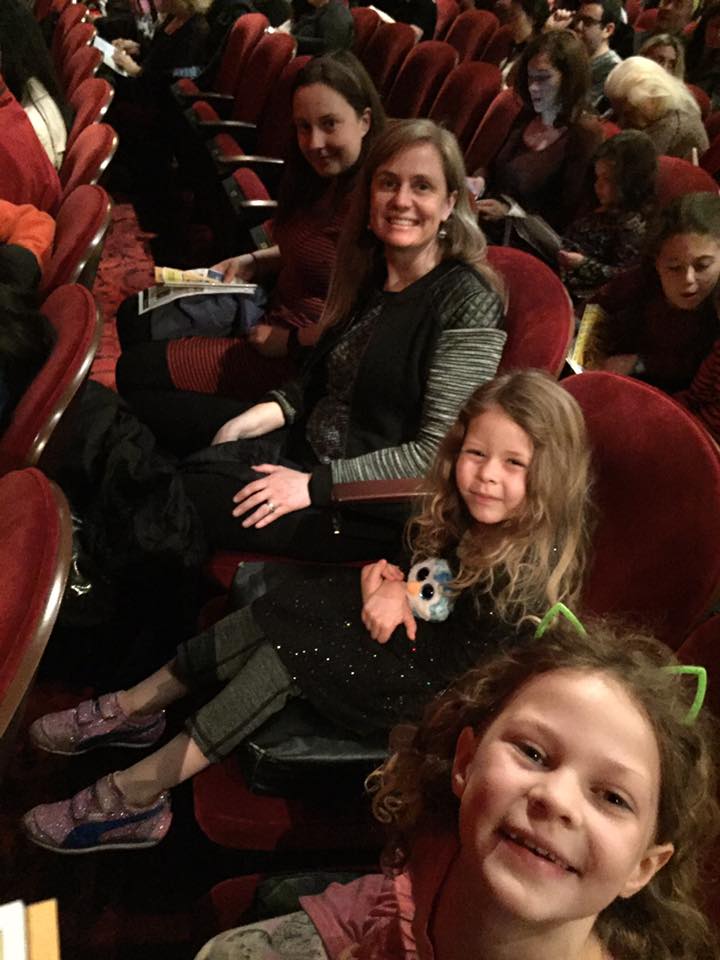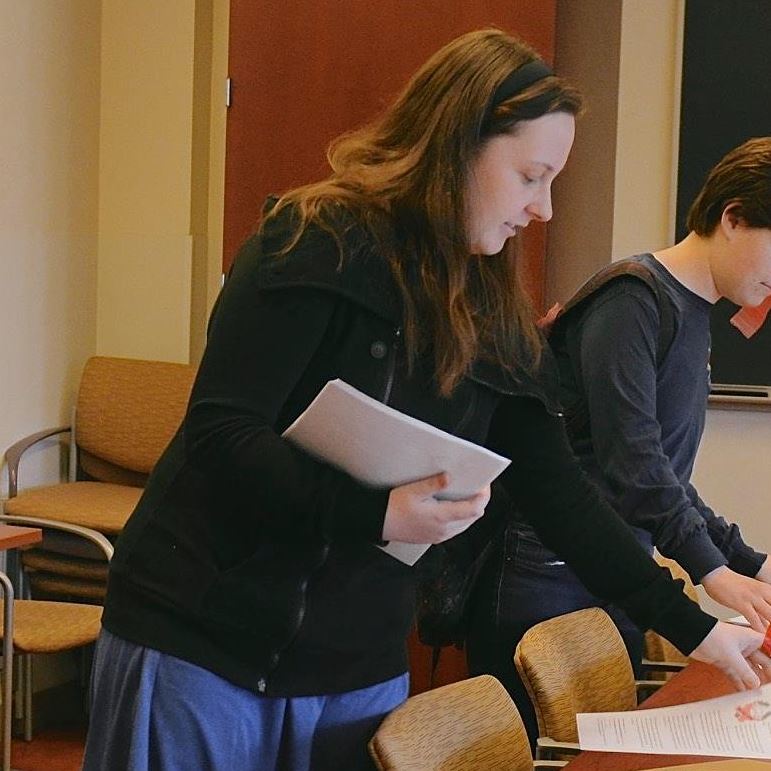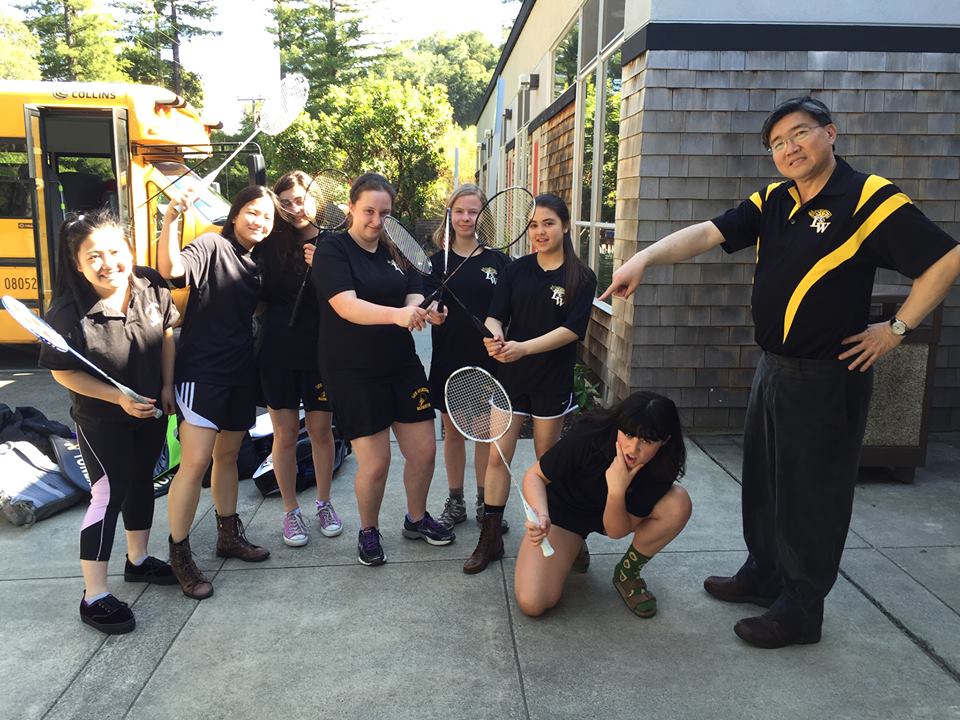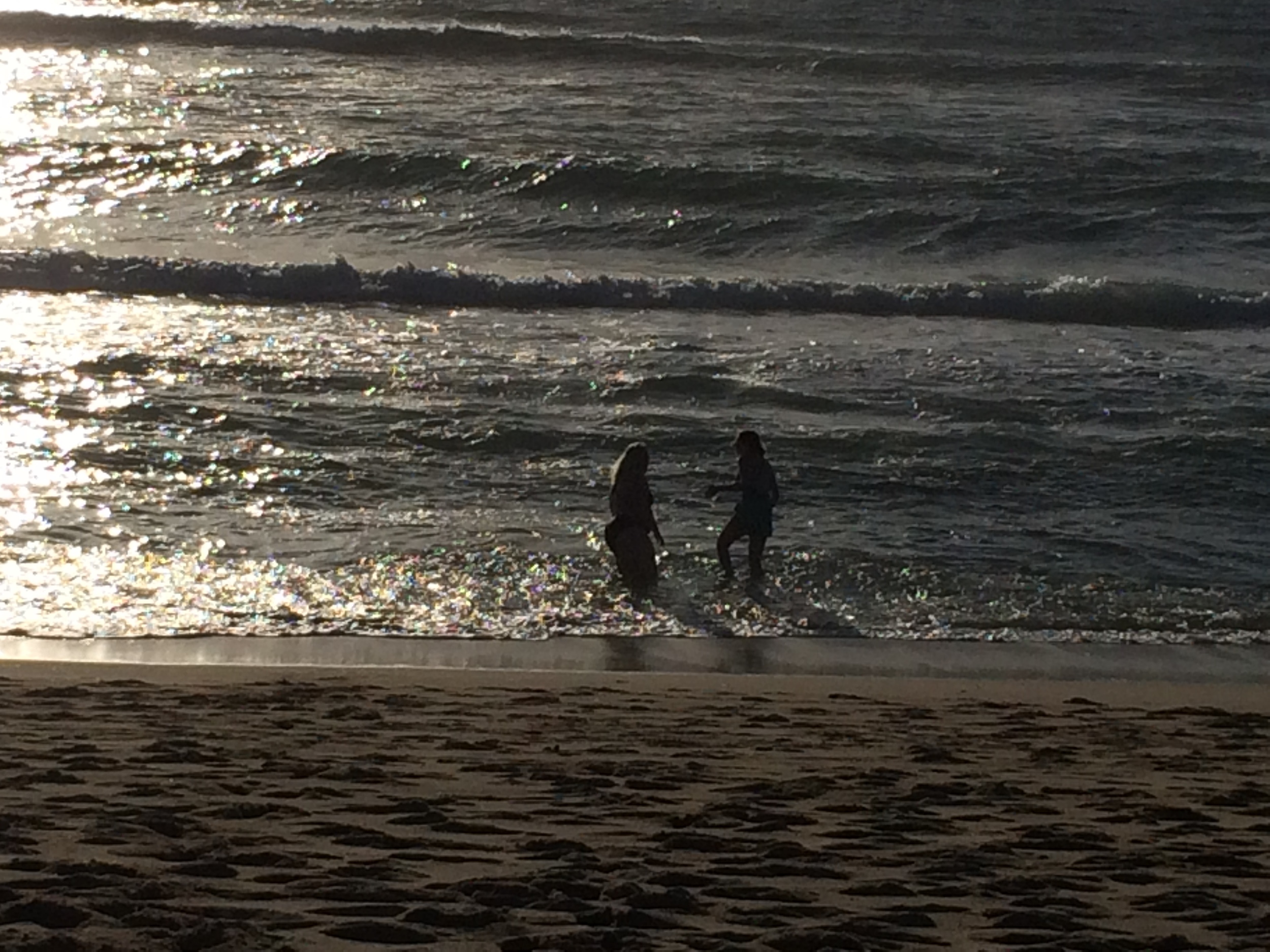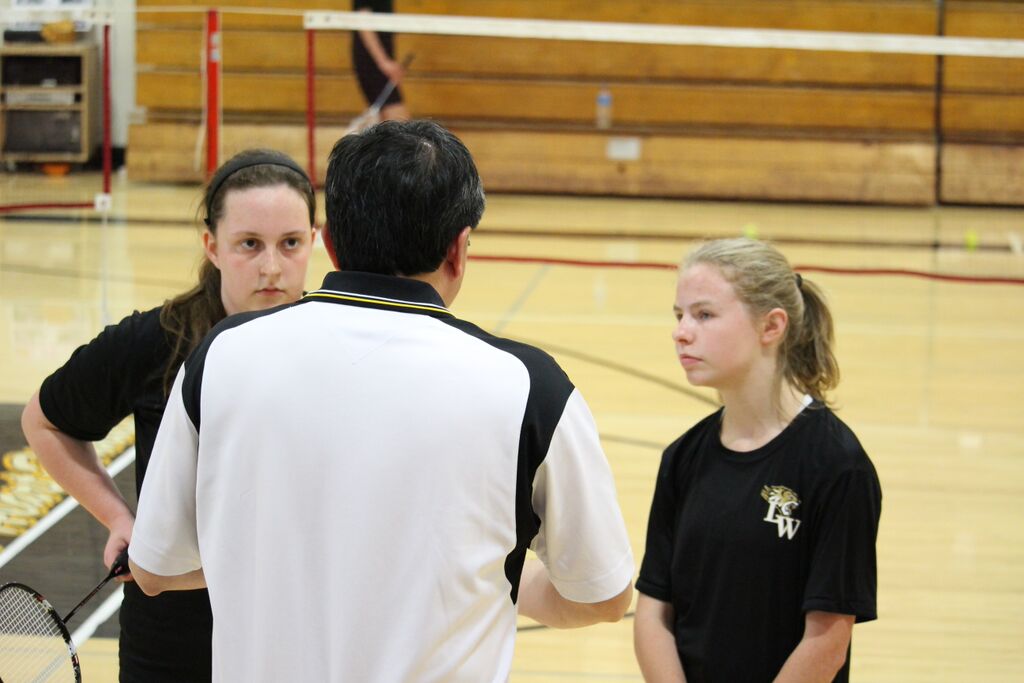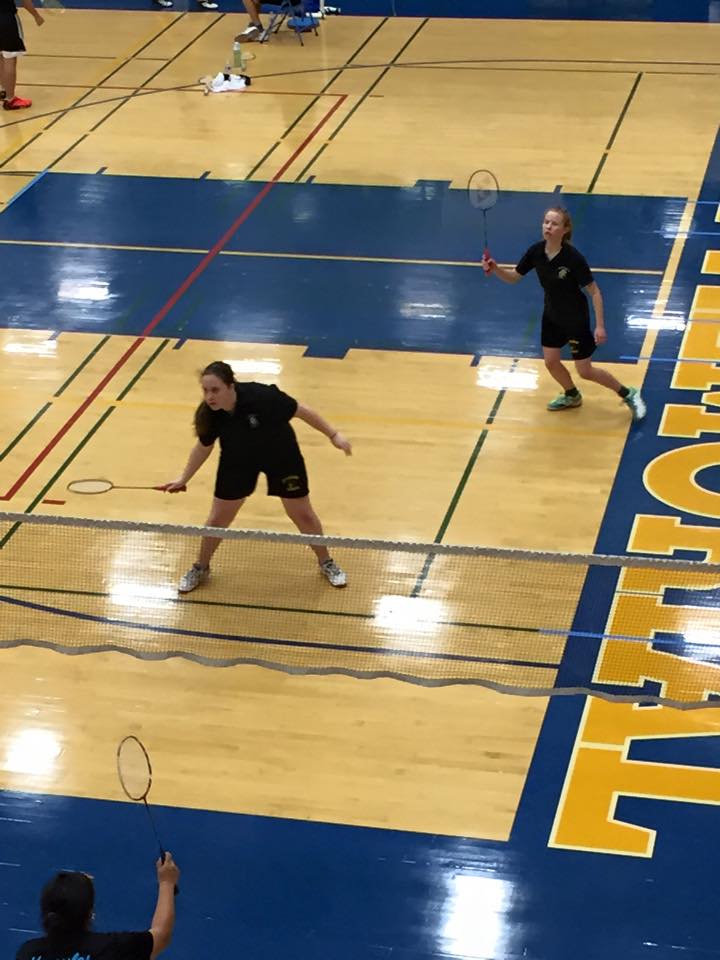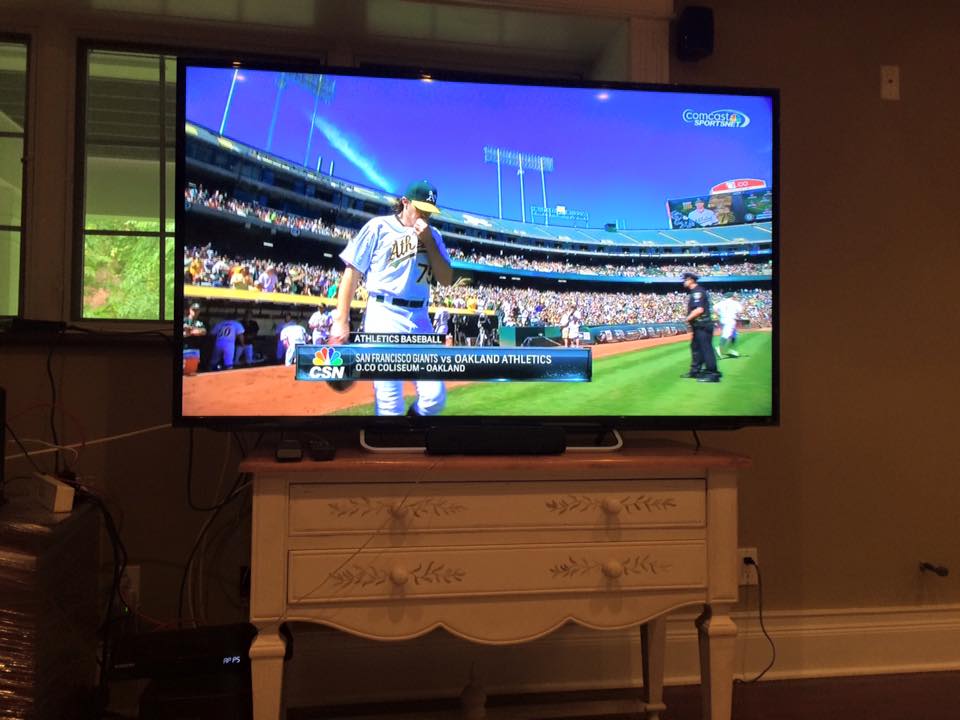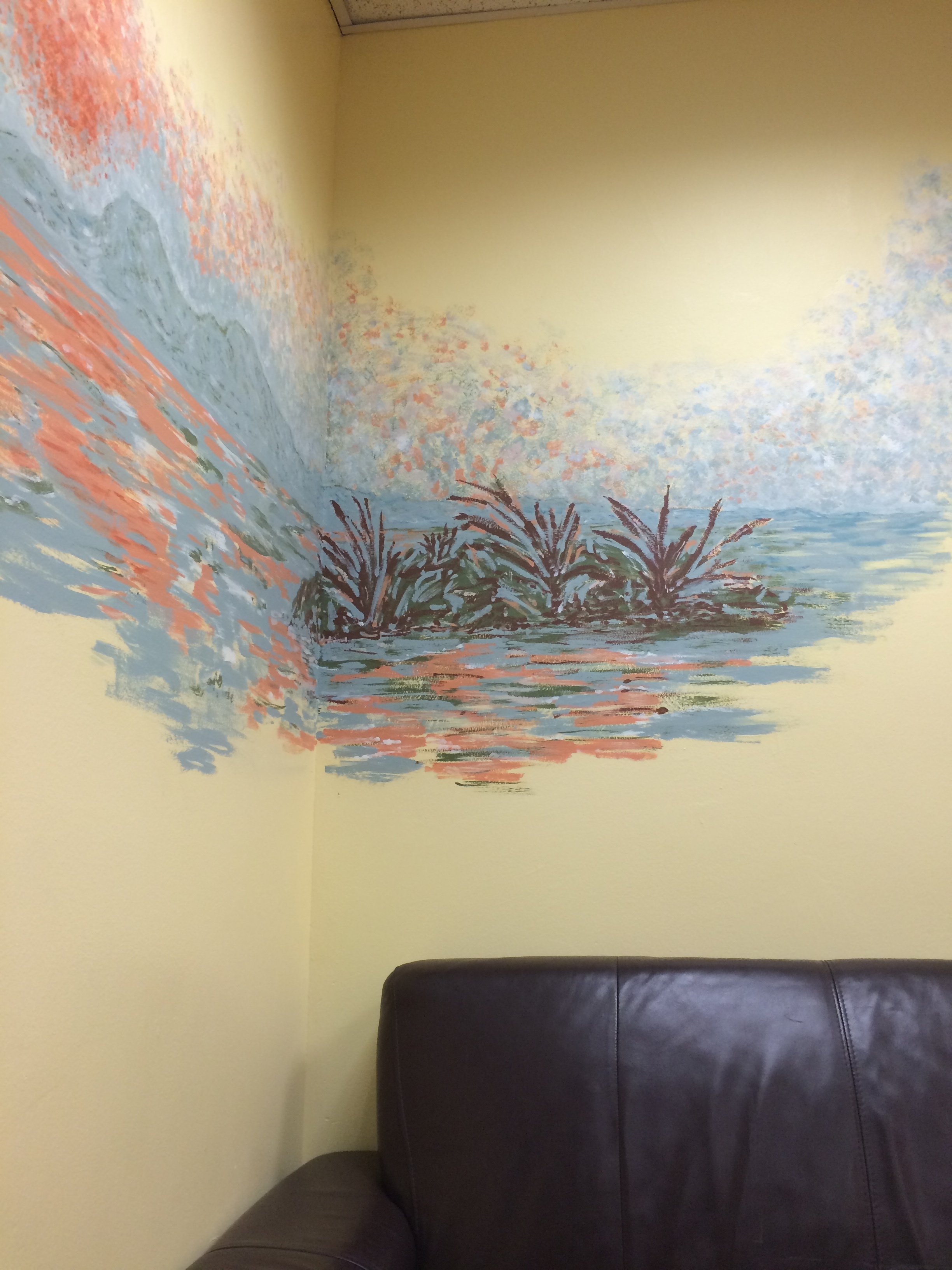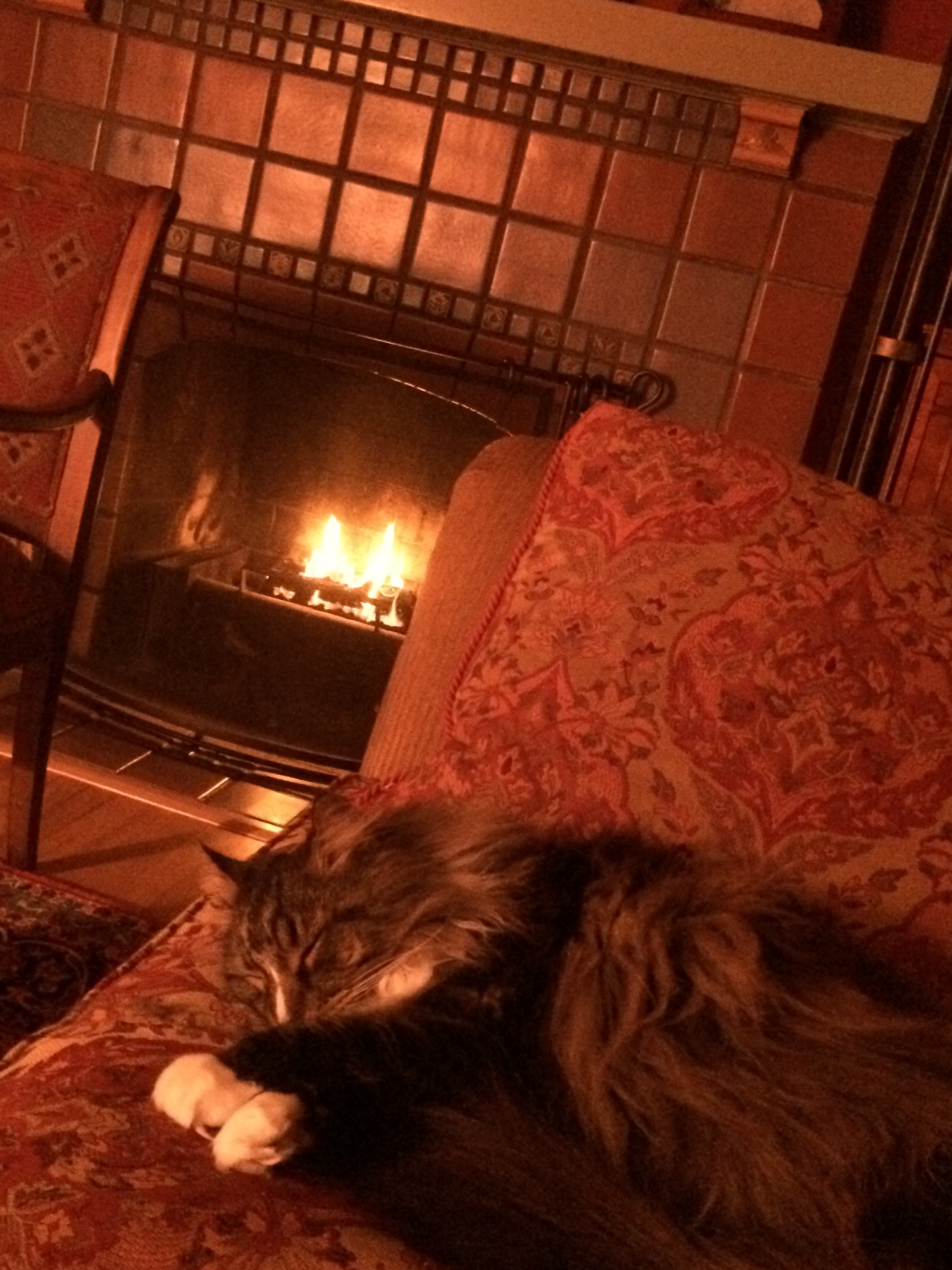Re: The New York Daily News's Editorial
/Content warning: sexual/police violence
Today, the New York Daily News ran an editorial supporting incarceration as a means of addressing sexual violence. I am the girl whose rapes the New York Daily News perverted to justify incarceration and policing as the appropriate way to address sexual violence. I am not okay with that.
Title IX is lifesaving. Among the many facets of Title IX that set it apart from the criminal justice system are the burden of proof being attainable ("preponderance of the evidence"), its provisions that dictate students should receive accommodations (counseling, housing accommodations, academic assistance, etc.), and its focus on the victim (versus the criminal justice system, which is centered around state retribution). Simply put, when implemented properly, Title IX addresses gender-based violence in a way that is friendlier to survivors of violence than the criminal justice system and has consequences which do not endanger the lives of perpetrators (prevention education, suspension, expulsion).
In contrast, the criminal justice system is notoriously racially and socioeconomically biased. It is particularly ill-equipped to address the needs of Black, trans, and undocumented individuals, who experience violence at alarmingly high rates. Incarceration itself is a violent act, and prisons are often places where people are most vulnerable to experiencing sexual violence themselves. (And no, someone raping someone does not mean they deserve to be raped; no one deserves to experience sexual violence no matter how terrible of a person they are.) Perhaps most notable, incarceration is not even a deterrent from committing violent crime — the criminal justice system does nothing to address rape culture and the discrimination that intersects with gender-based violence — so we are subjecting people to the violence of the prison system without doing anything that could actually prevent future violence from occurring. Finally, we all know the criminal justice system rarely addresses sexual violence when it is reported. The burden of proof and trauma of a trial are too high for most survivors.
I did ultimately report to the police and Manhattan DA, as I have stated repeatedly. While I was fortunate, likely by virtue of my identity (white, cisgender woman) and socioeconomic status, to not face the same horrific commentary and disbelief many survivors face, the criminal justice system was not able to provide me with the actual relief I required: academic, medical, and housing accommodations. In contrast, Columbia is actually supposed to provide those accommodations.
Justice for me is not inflicting violence upon another person, even my perpetrator. Justice for me is actually preventing future violence from occurring and providing support to survivors who have experienced violence. Columbia is failing on both fronts, and that is why they are being sued.
I never consented to anyone using my violations to justify state violence. Doing so is absolutely "an insult to [my] ordeal," and an insult to me as a human. If New York Daily News purports to care about ending sexual violence, maybe they should actually listen to survivors before they write.
